As someone who loves spending time with horses, you may have wondered, "Can horses eat bread?" While it might seem harmless to share a piece of bread with your equine friend, the truth is a bit more complex. In this comprehensive guide, we'll delve into the nutritional aspects of feeding bread to horses, exploring the potential benefits and risks, and providing you with the knowledge to make an informed decision.
Understanding a Horse's Dietary Needs
Horses are herbivores, meaning their digestive system is designed to process plant-based materials, primarily hay and grass. Their diet should be rich in fiber, which aids in the proper functioning of their digestive tract. However, this doesn't automatically rule out the occasional treat like bread.
The Nutritional Value of Bread for Horses
Bread is primarily composed of carbohydrates, with some protein and minimal fat content. While carbohydrates can provide energy for horses, it's essential to consider the type and quantity of carbohydrates in bread.
Most commercial breads contain refined grains, which have a higher glycemic index than whole grains. This means that the carbohydrates in refined bread are broken down and absorbed more quickly, potentially leading to spikes in blood sugar levels. For horses, sudden spikes in blood sugar can be problematic, as it can increase the risk of issues like laminitis (a painful condition affecting the hooves) and obesity.
On the other hand, whole-grain breads contain more fiber and complex carbohydrates, which are broken down and absorbed more slowly. This can help prevent sudden blood sugar spikes and provide a more sustained energy source for horses.
It's worth noting that bread does not provide a significant amount of essential nutrients like vitamins, minerals, and high-quality protein that horses require for optimal health.
The Risks of Feeding Bread to Horses
While an occasional slice of whole-grain bread may not pose a significant risk for most healthy horses, there are some potential concerns to be aware of:
- Weight Gain and Obesity: Bread, particularly refined varieties, can contribute to excess calorie intake and weight gain in horses, especially if fed in large quantities or combined with other high-calorie treats.
- Digestive Issues: Sudden changes in a horse's diet, including the introduction of bread, can potentially lead to digestive upset, such as colic (abdominal pain) or diarrhea.
- Allergies and Intolerances: Some horses may be sensitive or allergic to certain ingredients in bread, such as wheat or yeast, which can cause adverse reactions.
- Choking Hazard: While rare, it's essential to ensure that any bread fed to horses is provided in manageable pieces to avoid potential choking hazards.
Best Practices for Feeding Bread to Horses
If you decide to feed bread to your horse as an occasional treat, it's crucial to follow these best practices:
- Moderation is Key: Bread should be given in small quantities and as an occasional treat, not a regular part of the horse's diet.
- Choose Whole-Grain Varieties: Opt for whole-grain breads, as they provide more nutritional value and are less likely to cause blood sugar spikes.
- Introduce Gradually: Whenever introducing a new food to a horse's diet, do so gradually to allow their digestive system to adjust.
- Monitor for Reactions: Observe your horse closely after feeding bread for any signs of digestive upset, allergic reactions, or other adverse effects.
- Consult a Veterinarian or Equine Nutritionist: If you have concerns or questions about feeding bread to your horse, it's always best to consult with a professional veterinarian or equine nutritionist.
Alternatives to Bread for Horses
If you're looking for healthier treat options for your horse, consider the following alternatives:
- Fresh fruits like apples, carrots, or bananas (in moderation)
- Commercially available horse treats specifically formulated for their nutritional needs
- Small amounts of hay cubes or pellets
These options can provide a safer and more nutritionally balanced treat for your equine companion.
The Bottom Line: Can Horses Eat Bread?
While horses can technically eat bread, it's essential to approach this treat with caution and moderation. Whole-grain varieties, given in small quantities as an occasional treat, may be acceptable for most healthy horses. However, it's crucial to monitor your horse's reaction and consult with a veterinarian or equine nutritionist if you have any concerns.
Remember, a well-balanced and nutritious diet tailored to your horse's specific needs should always be the top priority. By understanding the potential risks and benefits of feeding bread to horses, you can make an informed decision that ensures the well-being of your equine companion.
5 Frequently Asked Questions about Horses and Bread
1. Can horses eat moldy bread? No, moldy bread should never be fed to horses. Mold can produce toxins that are potentially harmful and even life-threatening to horses.
2. Is it okay to feed horses stale bread? While stale bread is generally safe for horses to consume, it's best to avoid feeding them bread that has been left out for an extended period or has signs of spoilage.
3. Can bread cause laminitis in horses? Yes, feeding large quantities of bread, particularly refined varieties, can potentially contribute to the development of laminitis (a painful hoof condition) in horses due to the sudden spike in blood sugar levels.
4. Can horses eat bread with raisins or other dried fruits? It's generally not recommended to feed horses bread containing raisins or other dried fruits, as these can be toxic to horses and cause digestive issues or other health problems.
5. What should I do if my horse accidentally eats a large amount of bread? If your horse accidentally consumes a large quantity of bread, it's essential to monitor them closely for signs of digestive upset, laminitis, or other adverse reactions. If you notice any concerning symptoms, contact your veterinarian immediately for professional advice and treatment.

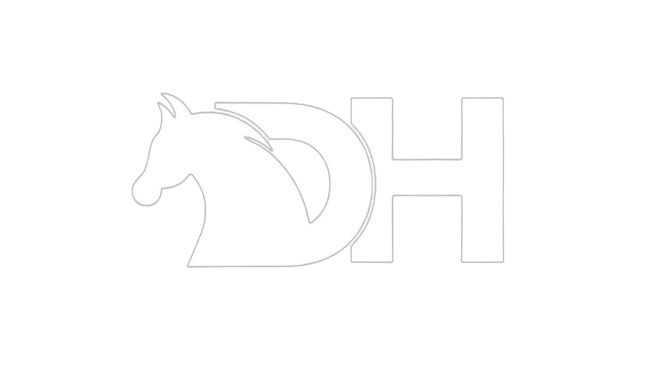



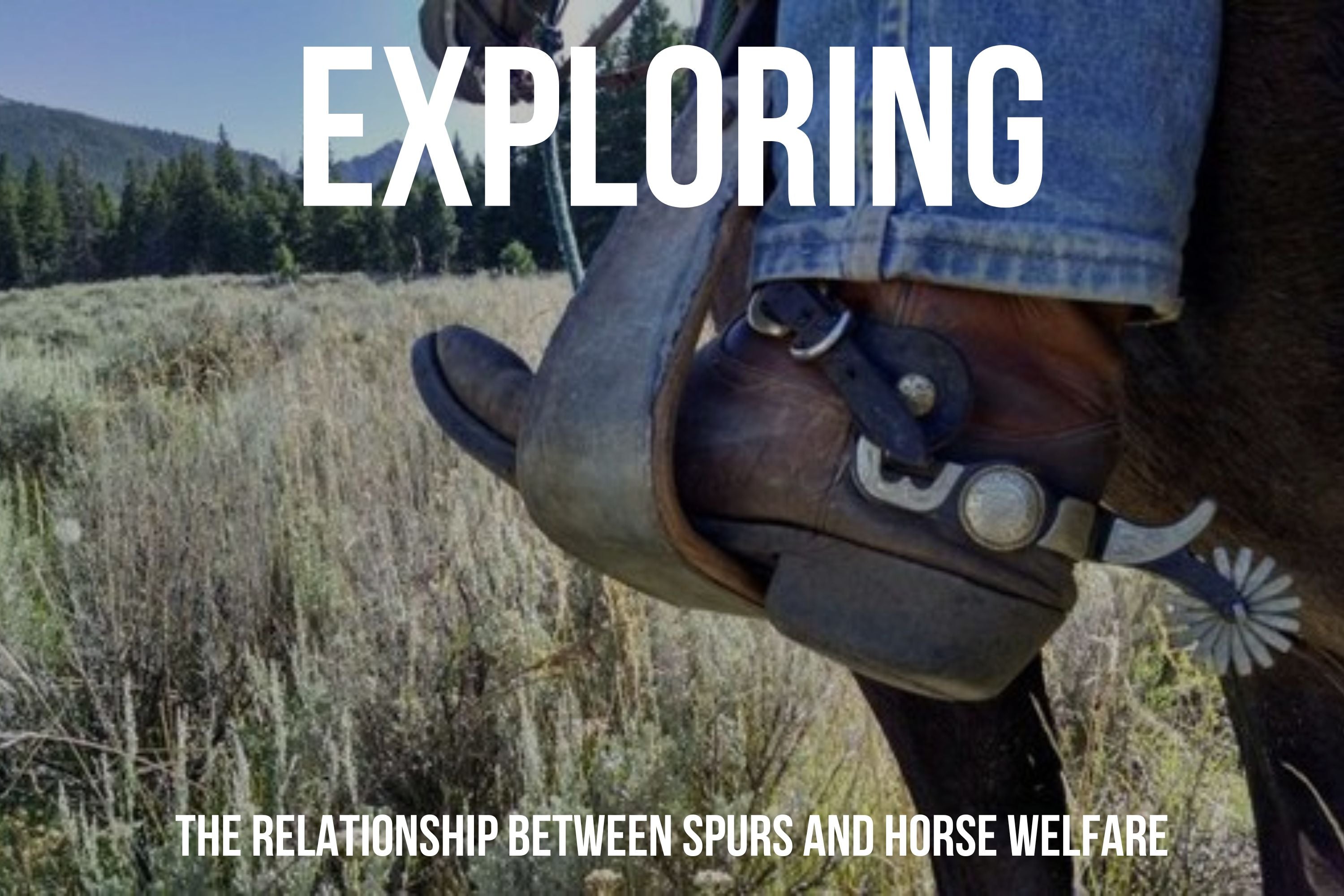
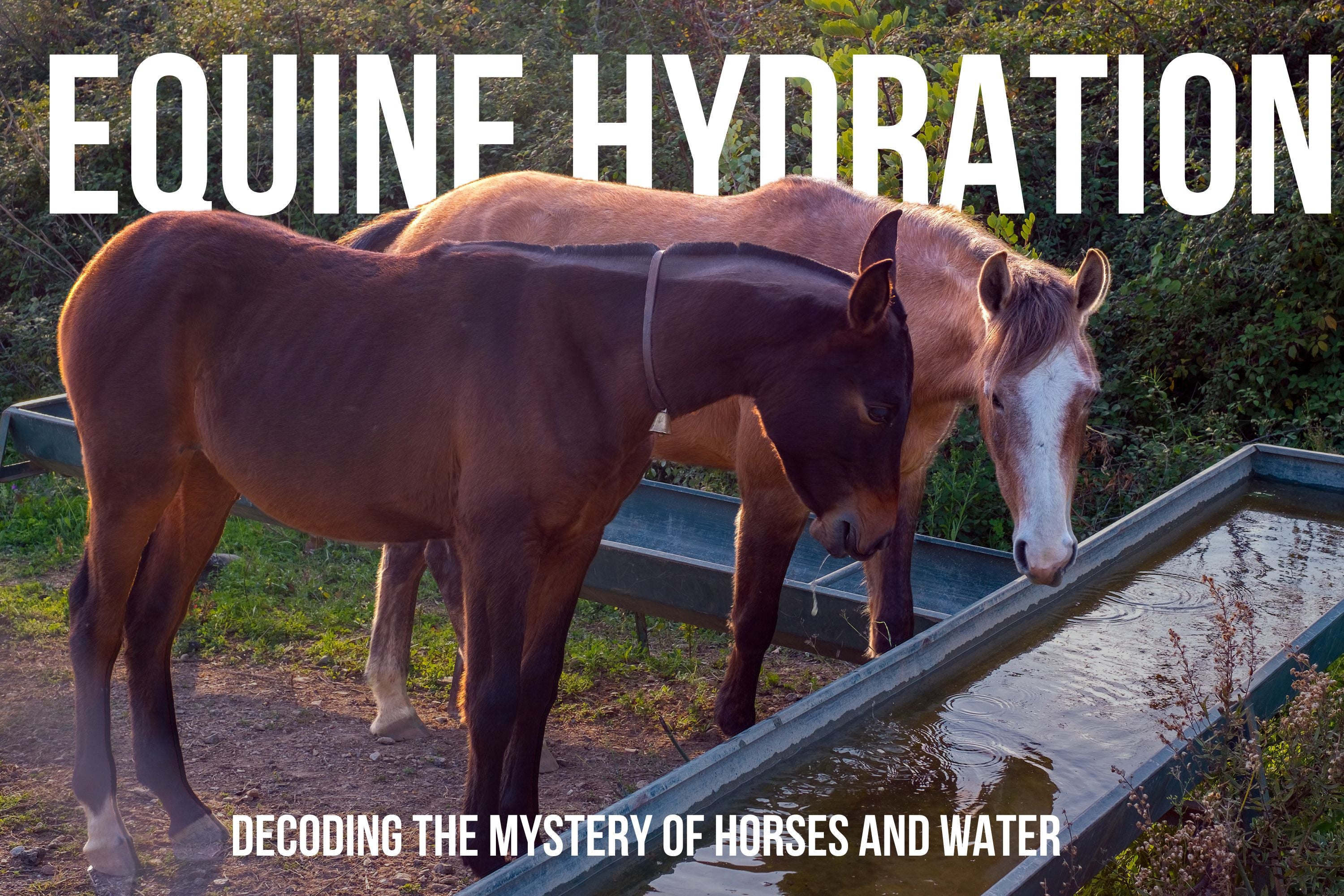
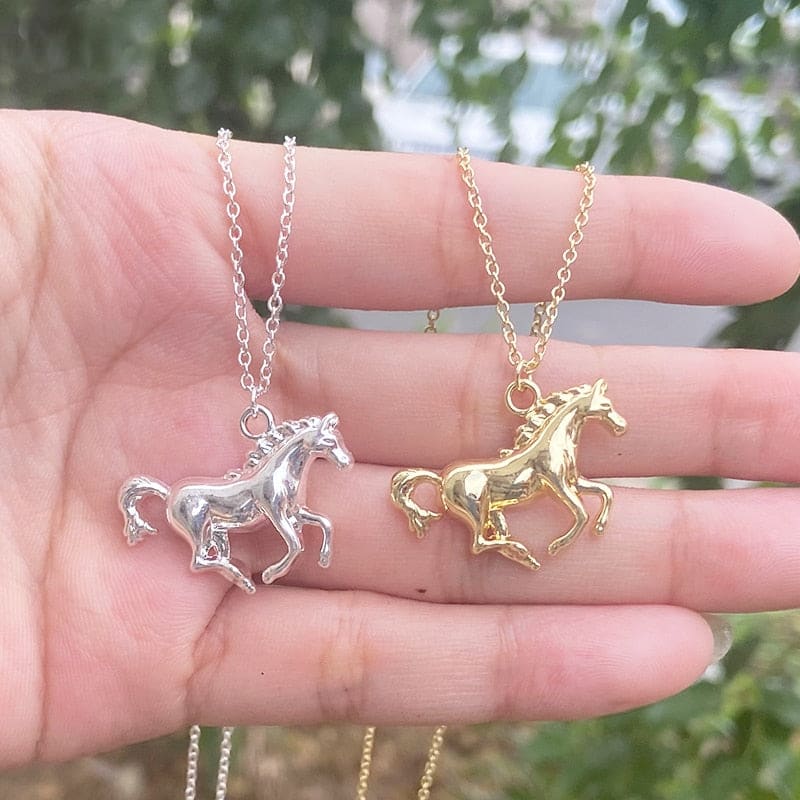
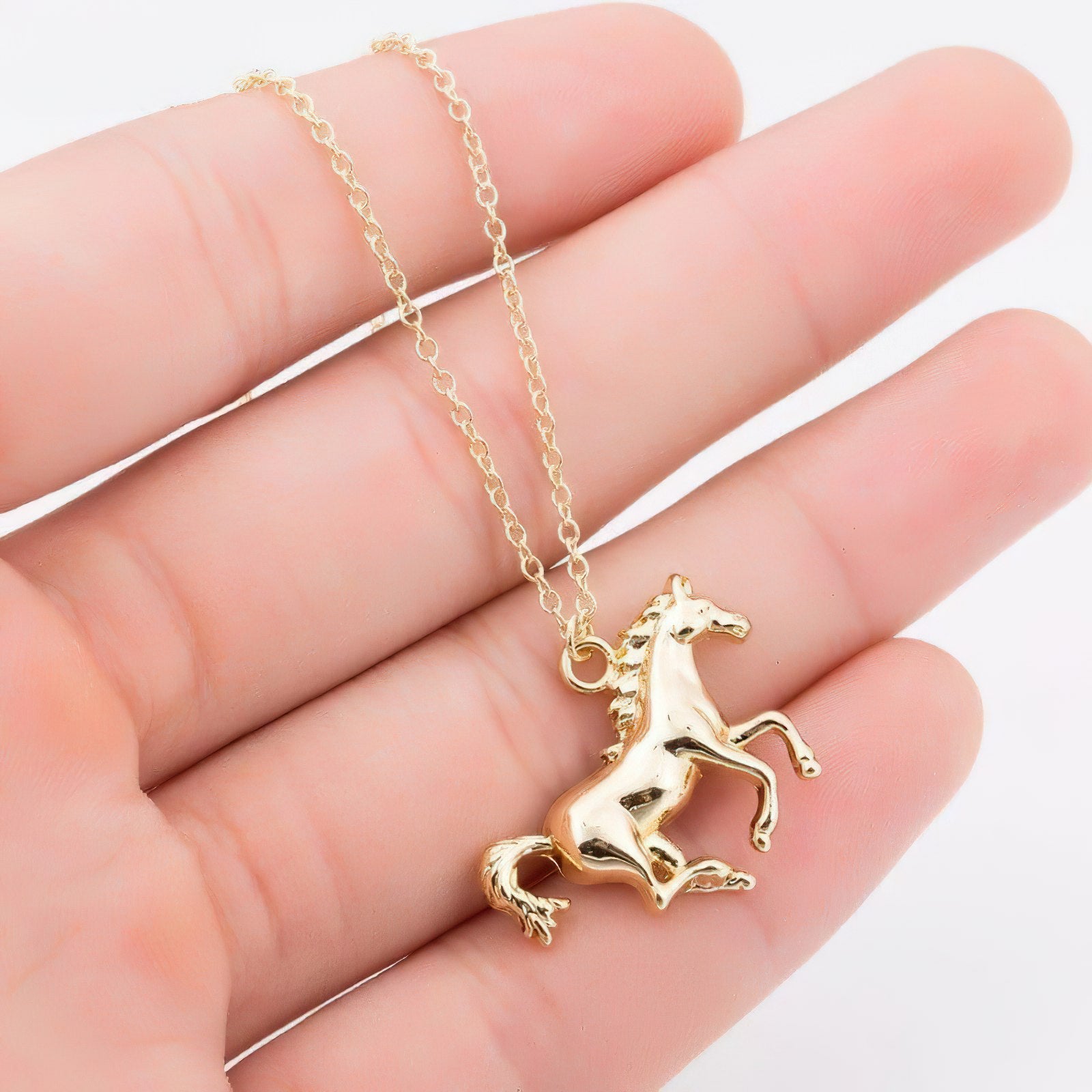
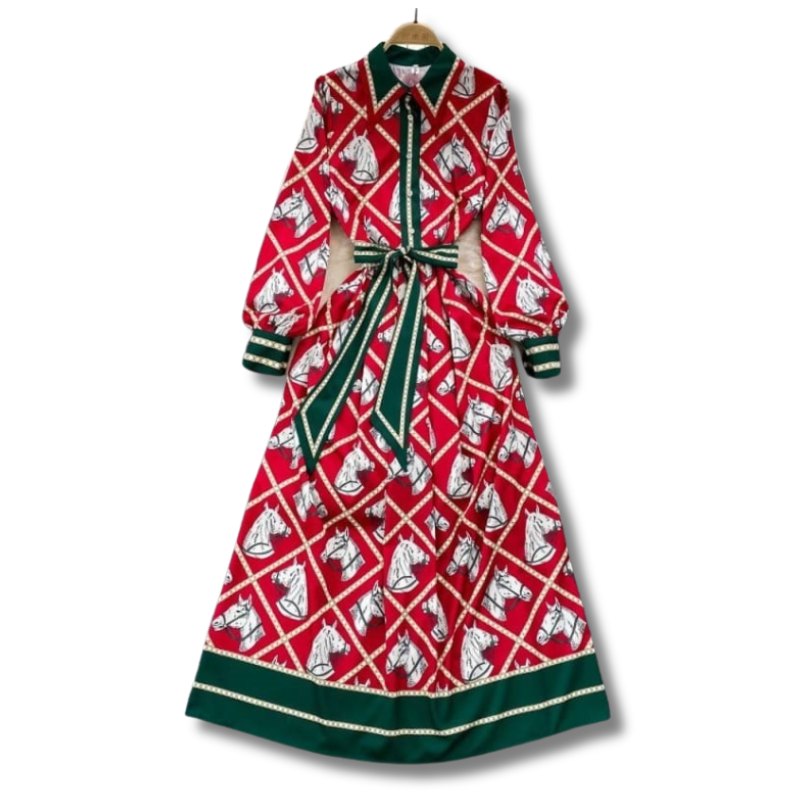
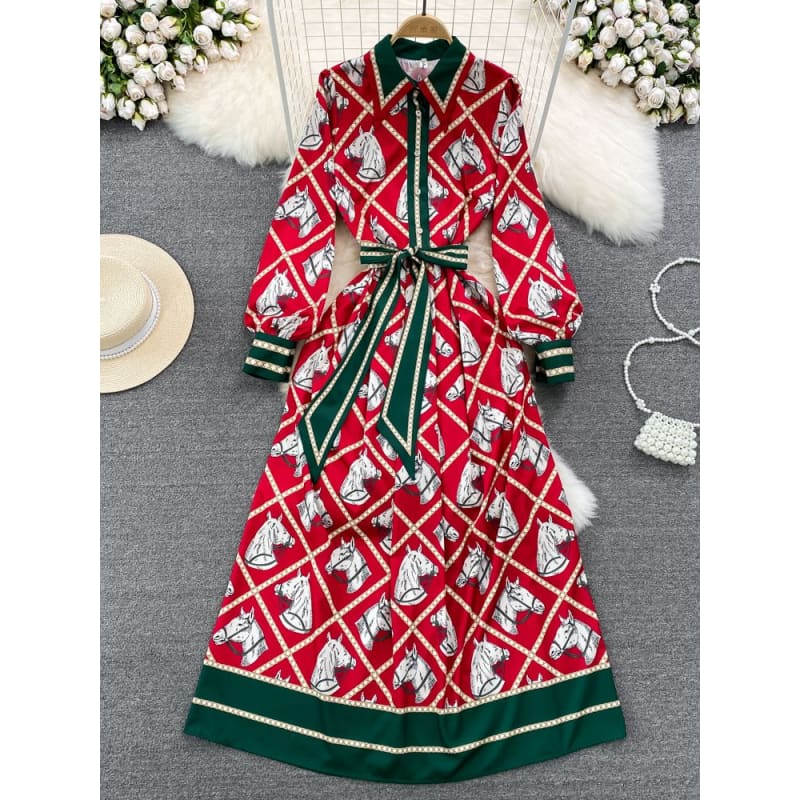
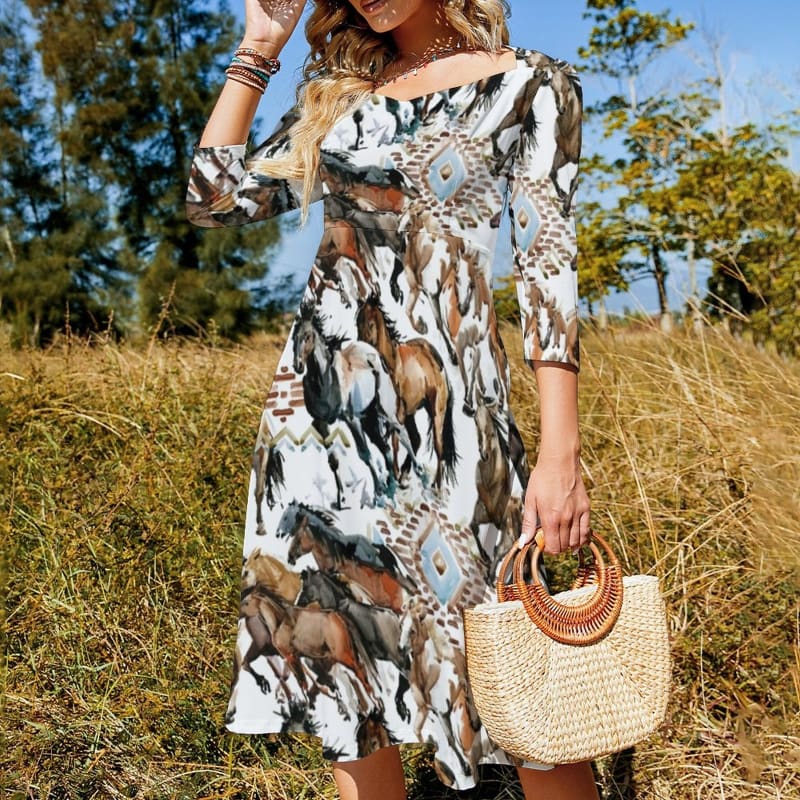
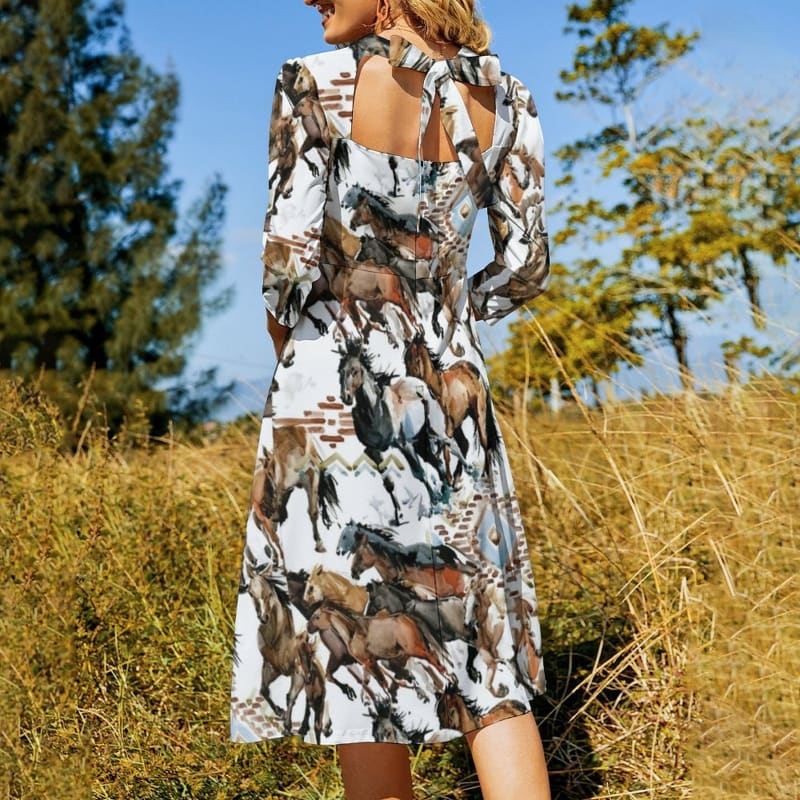
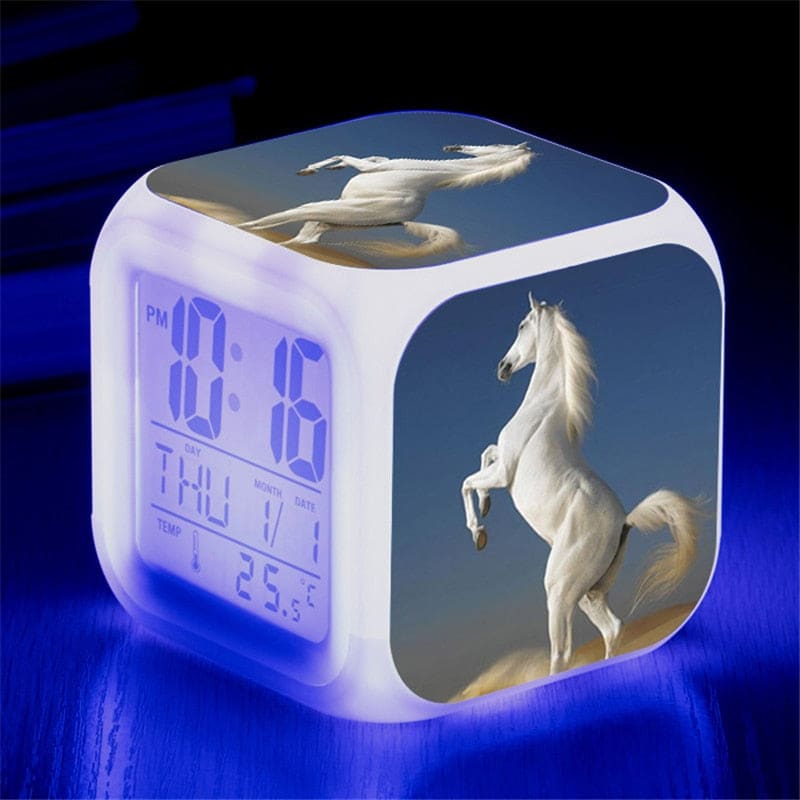



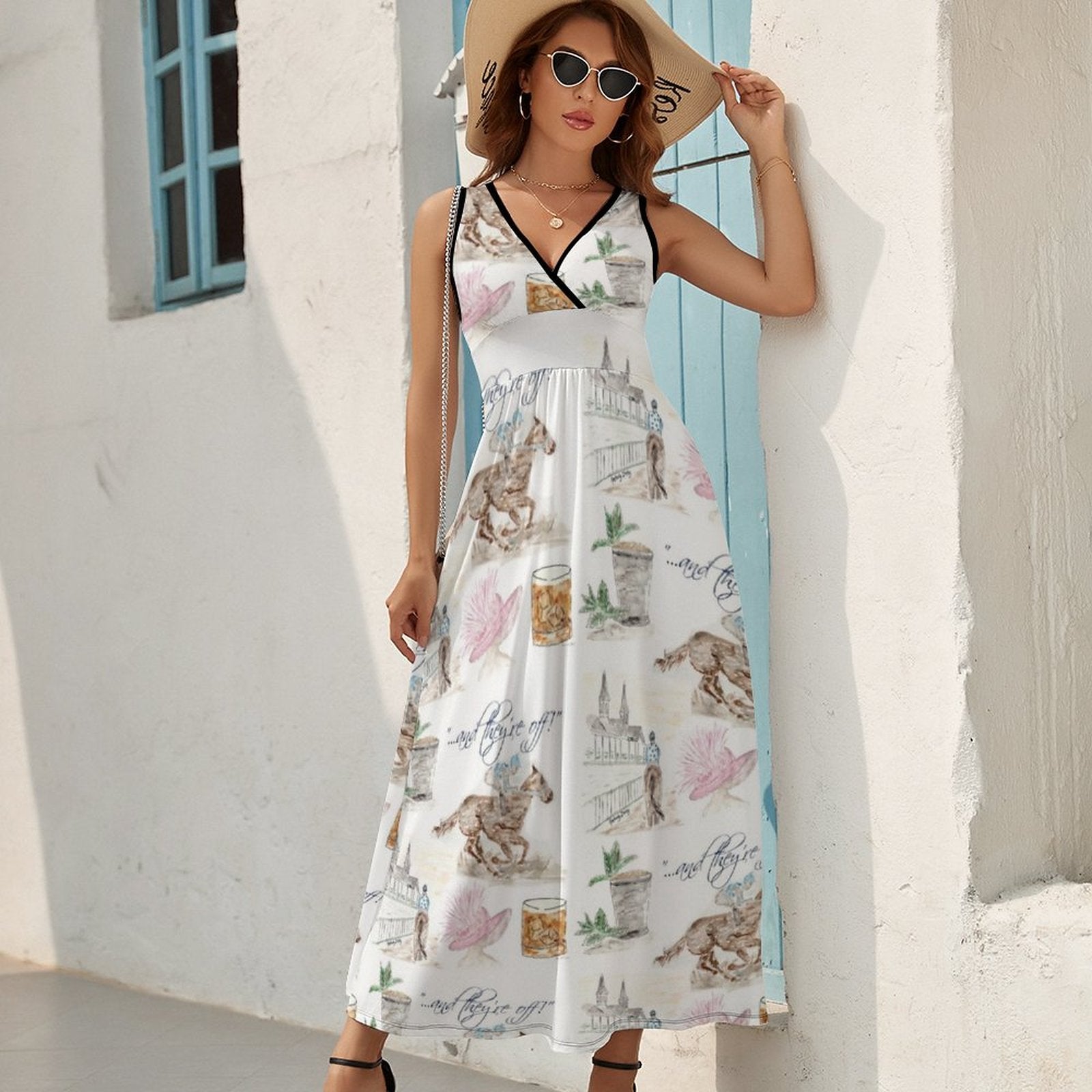

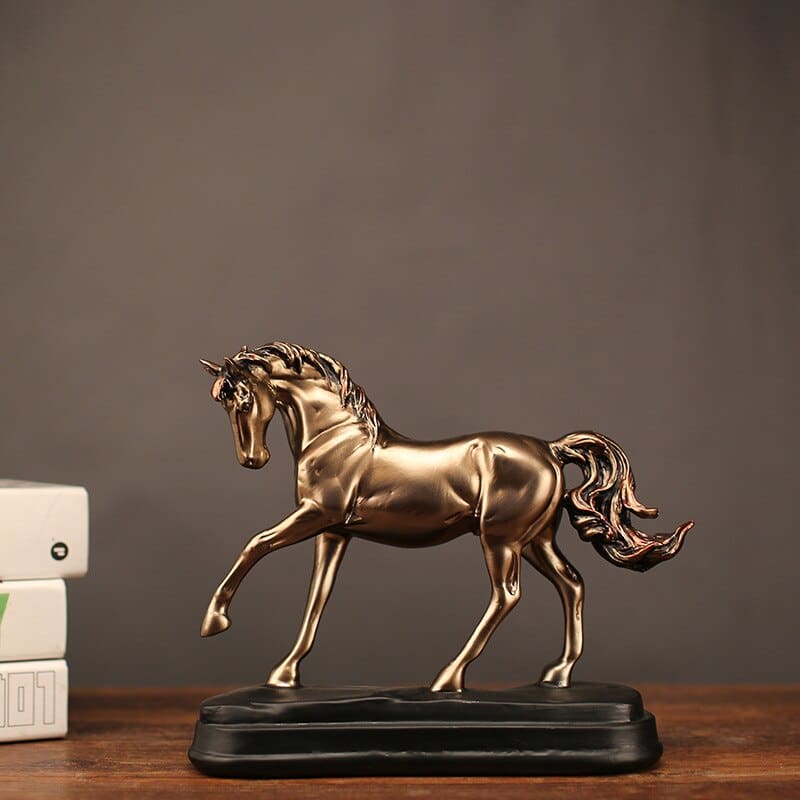
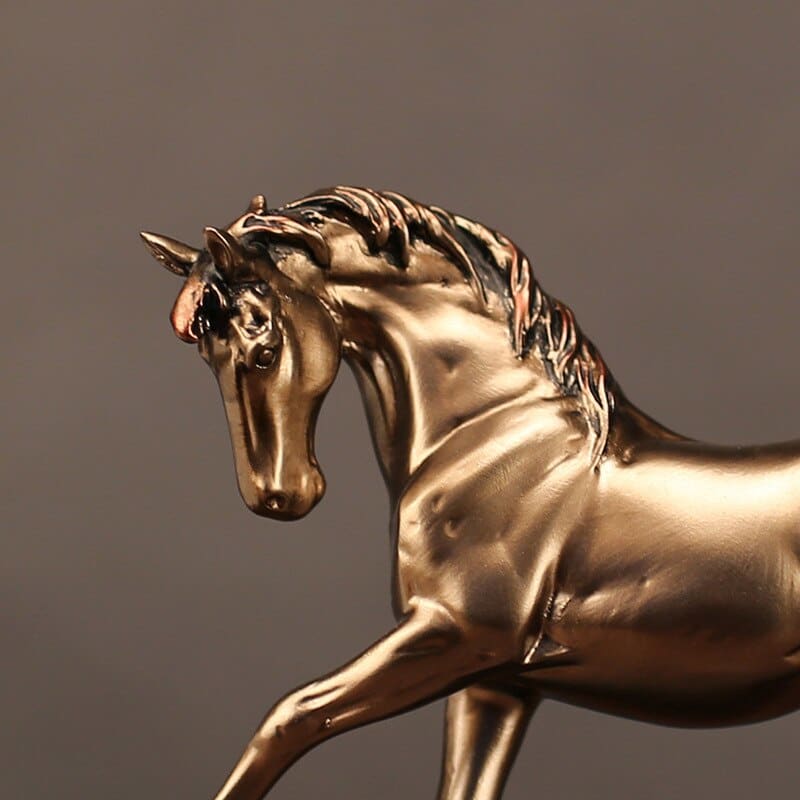
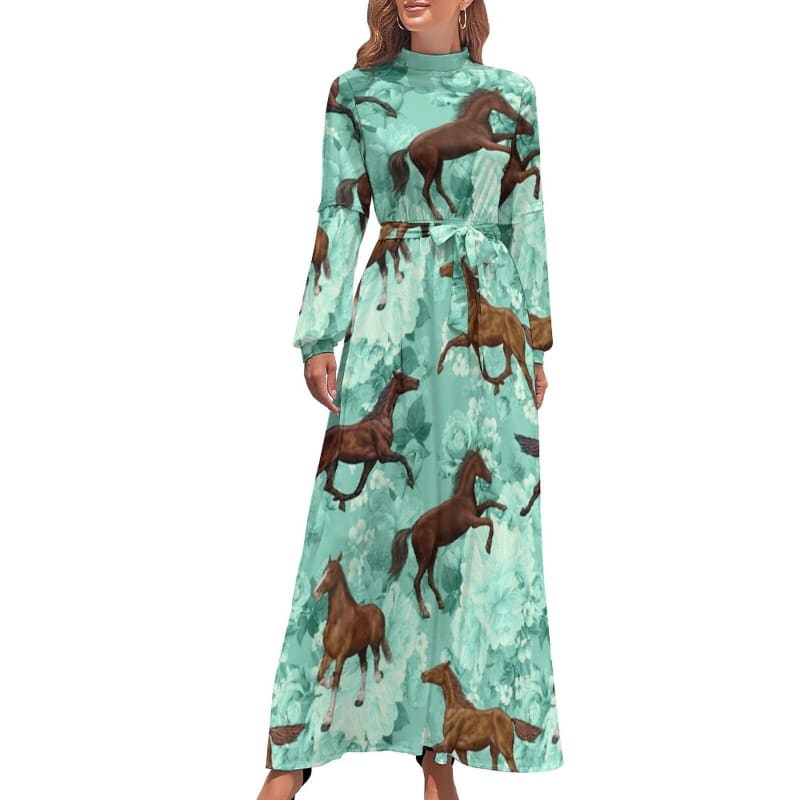
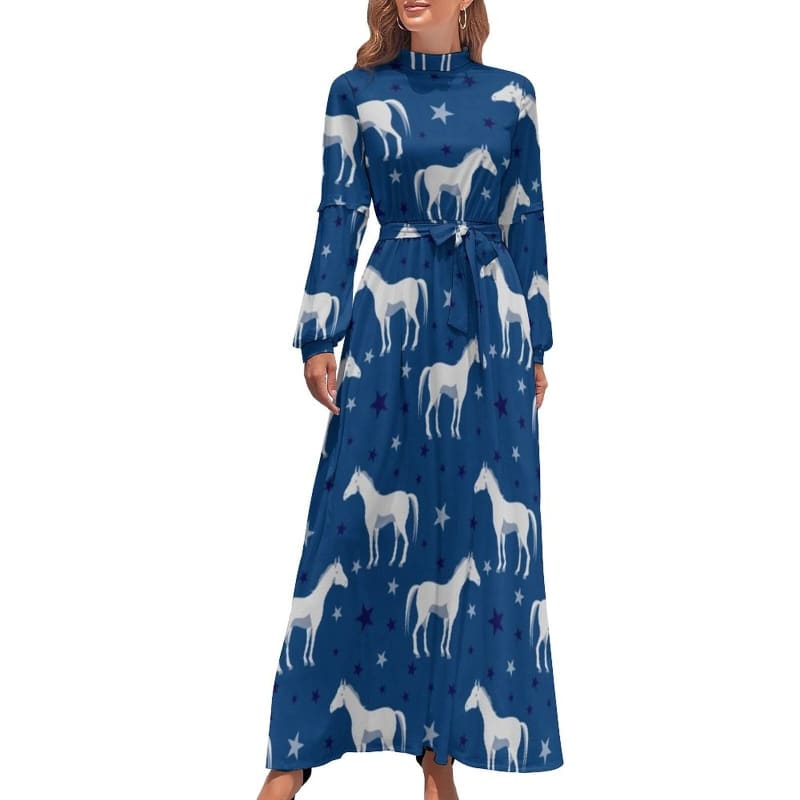
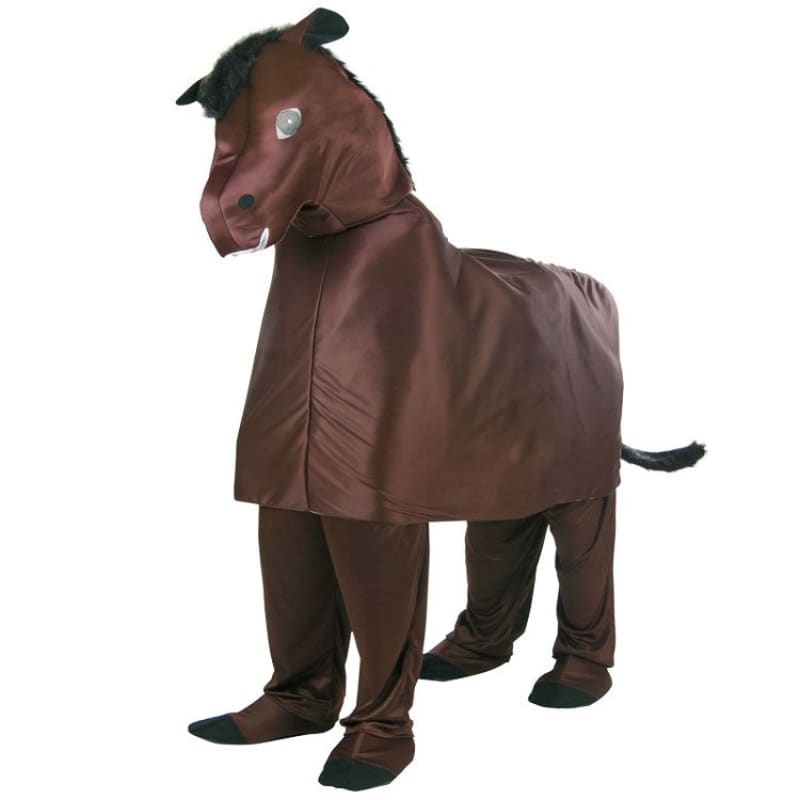
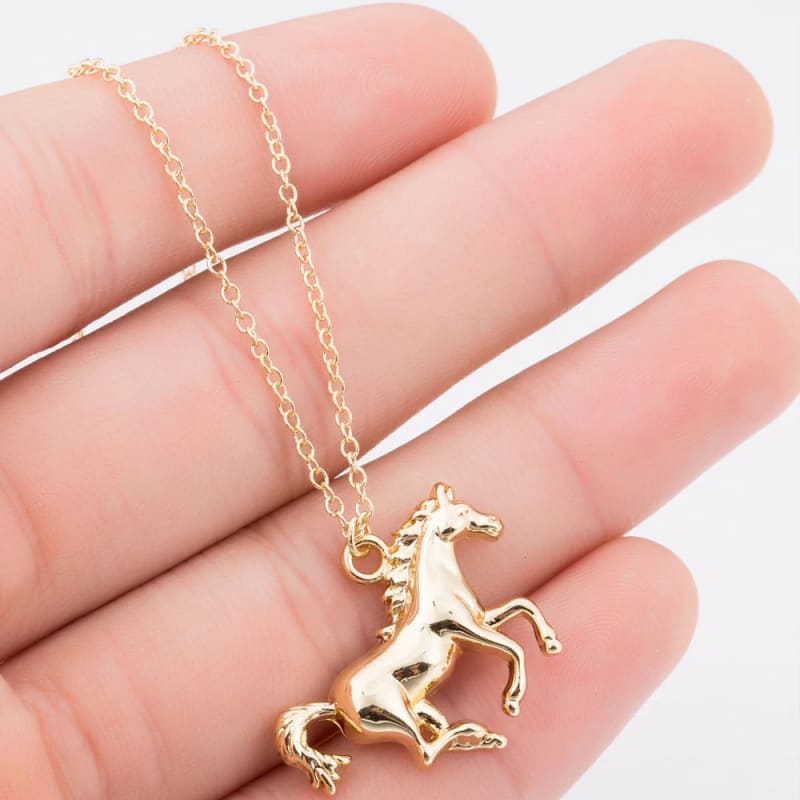
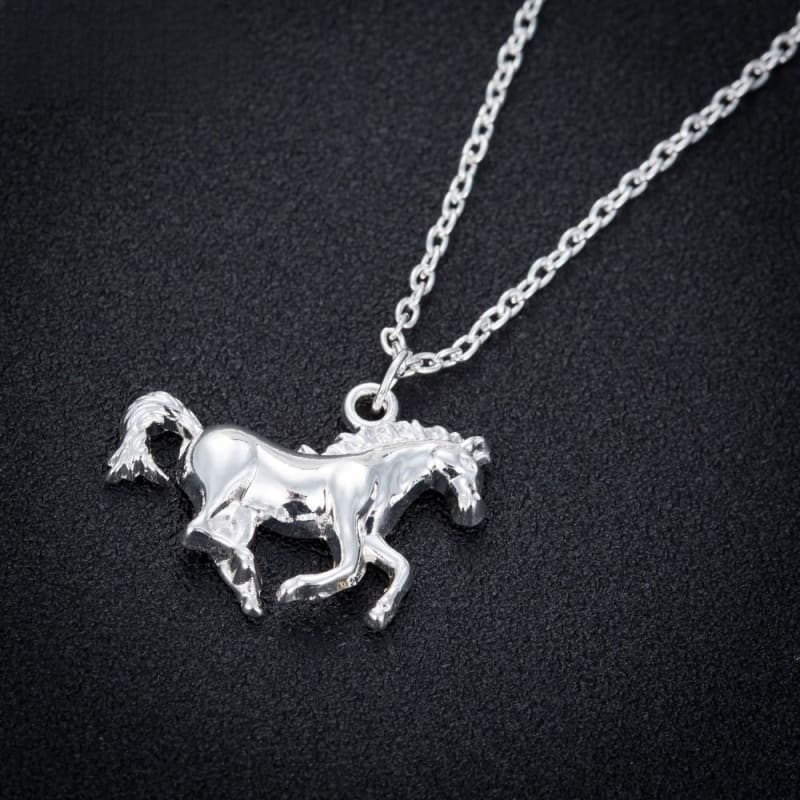
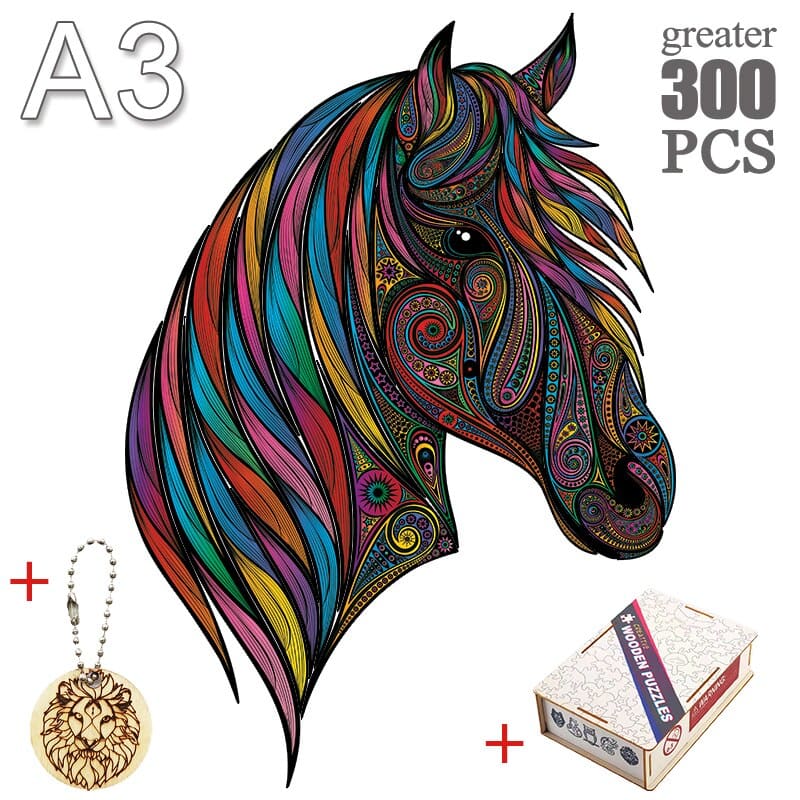
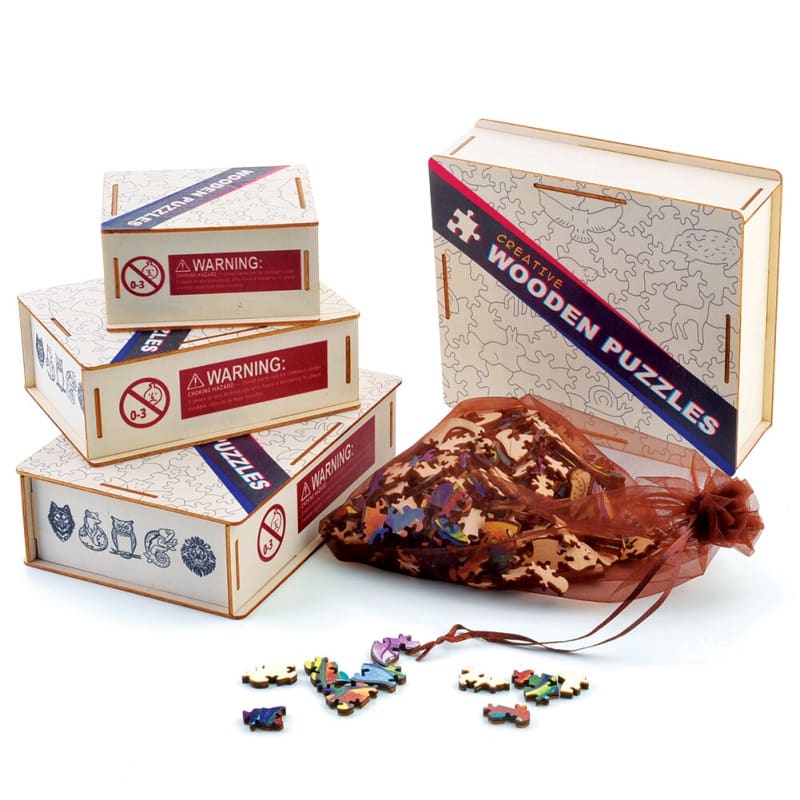
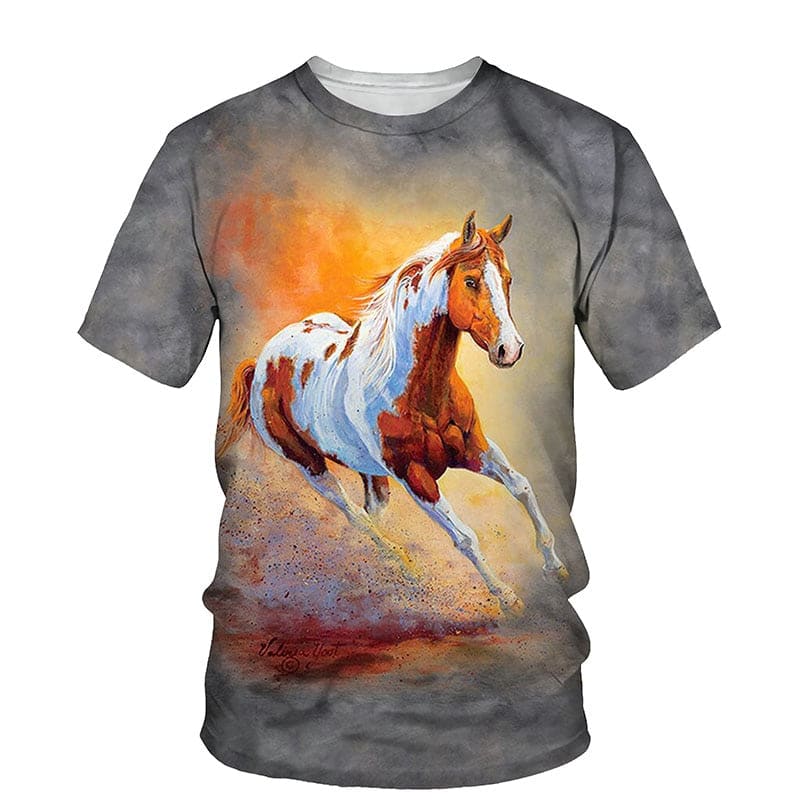
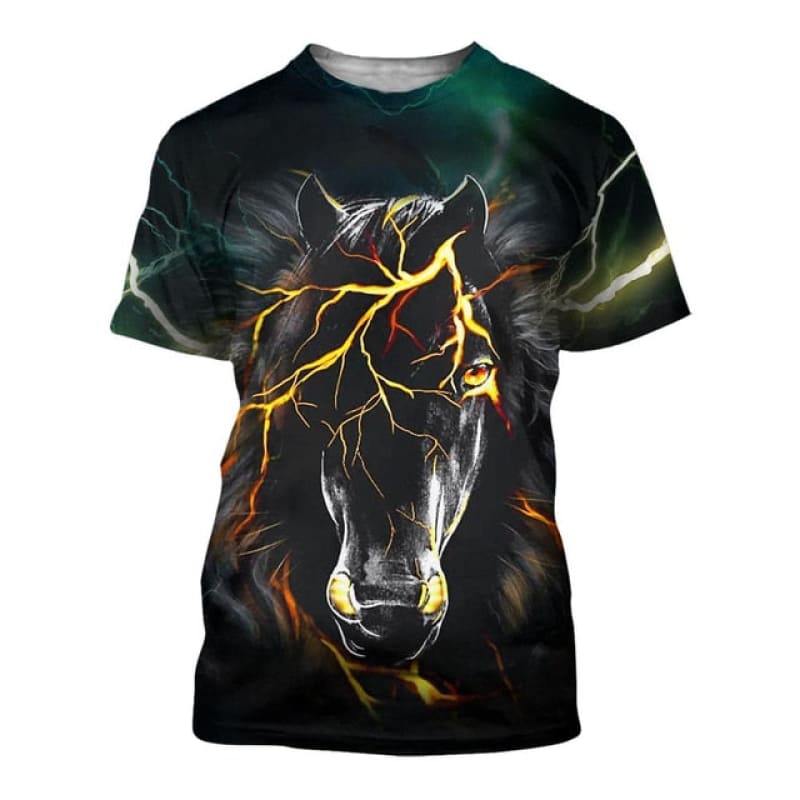
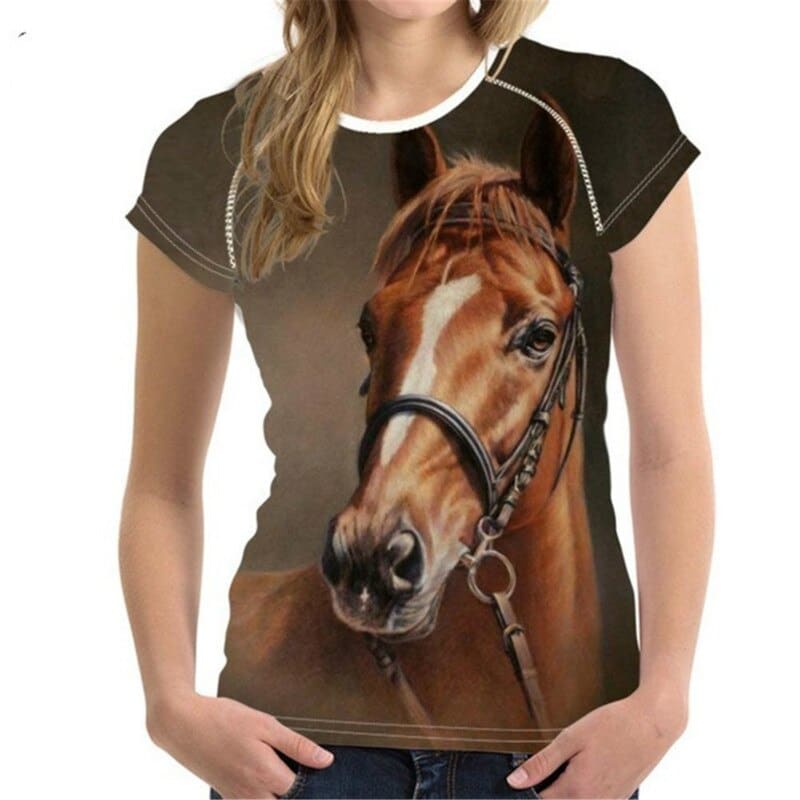
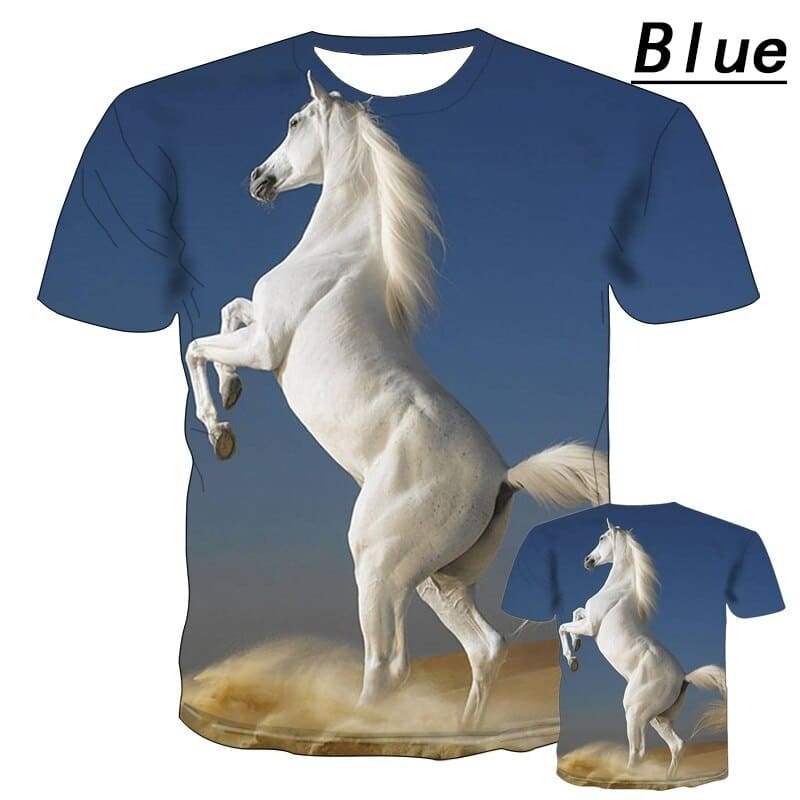

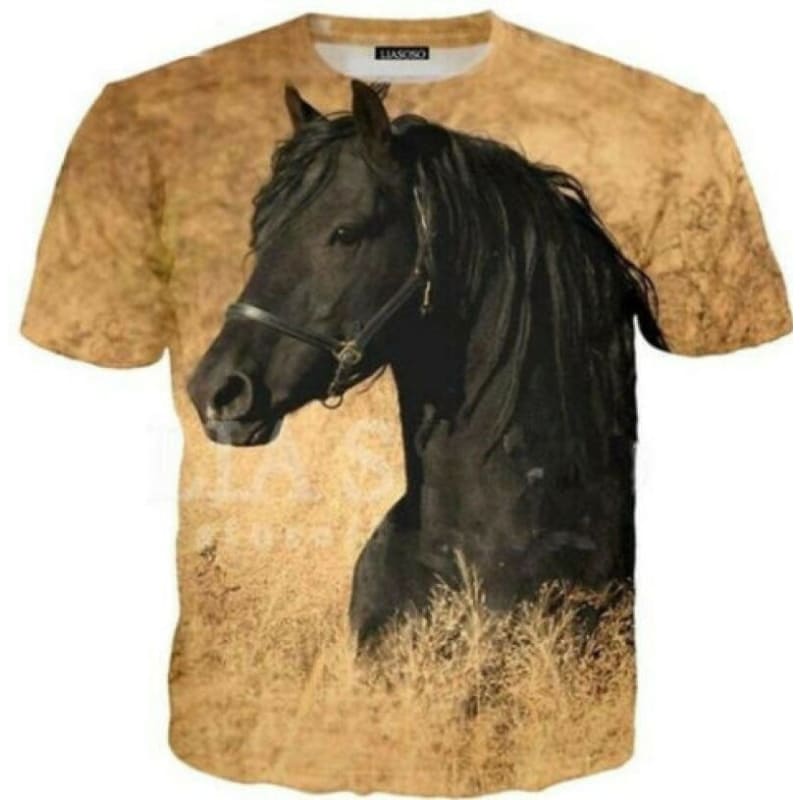



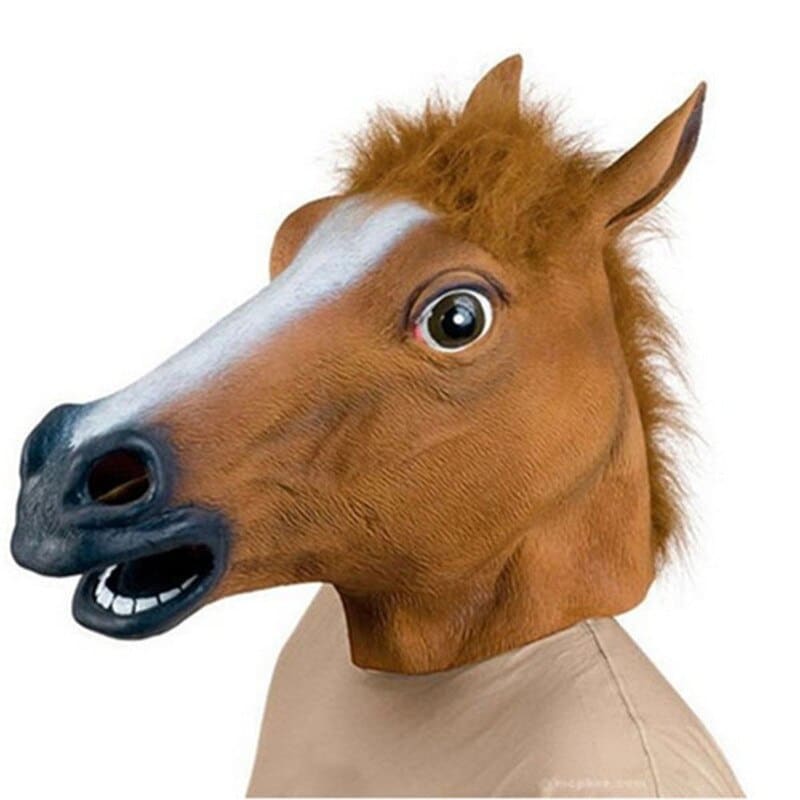
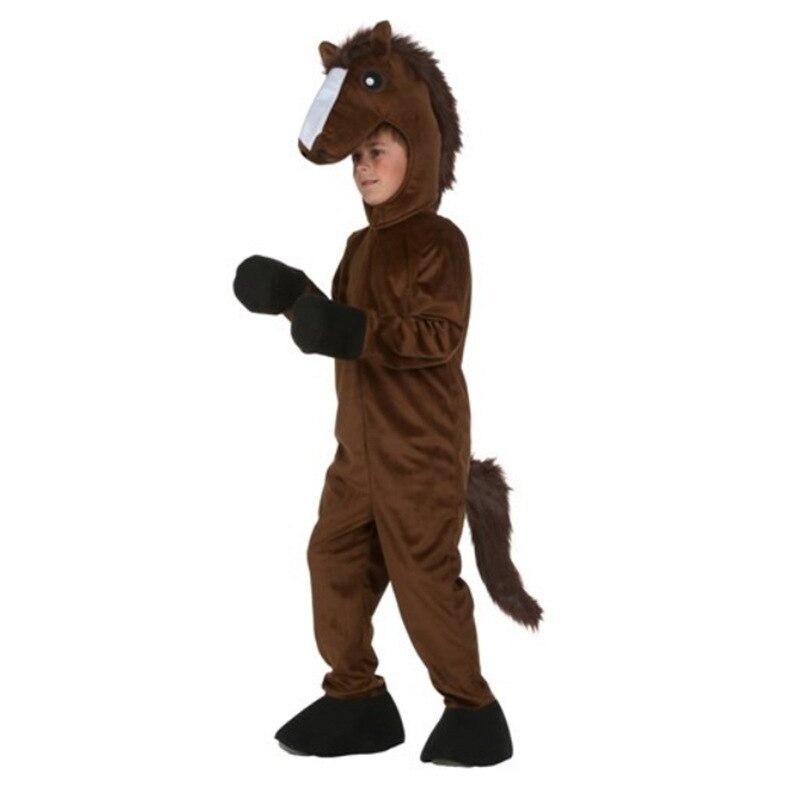
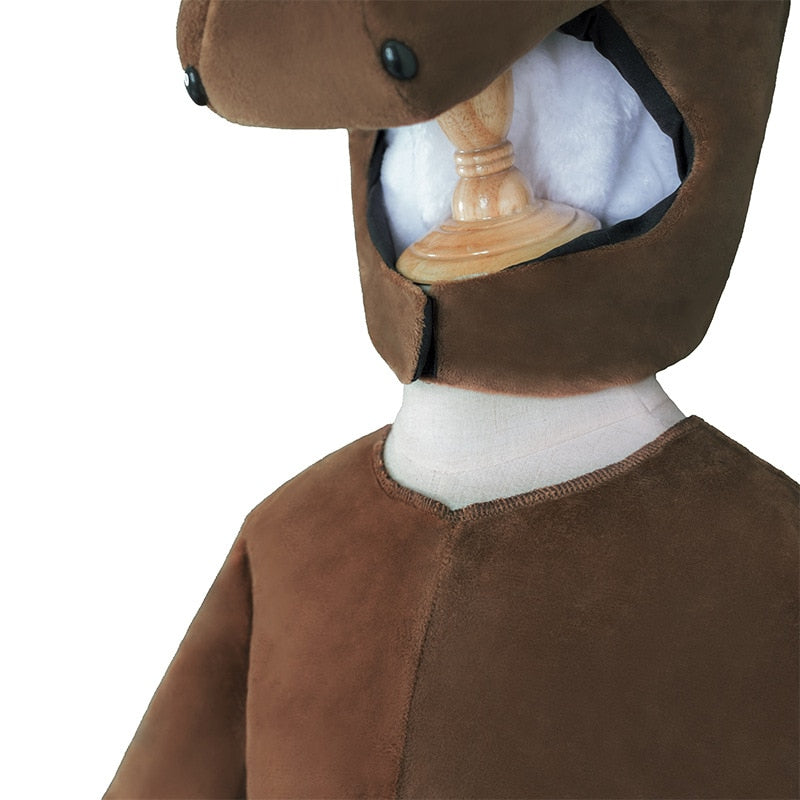
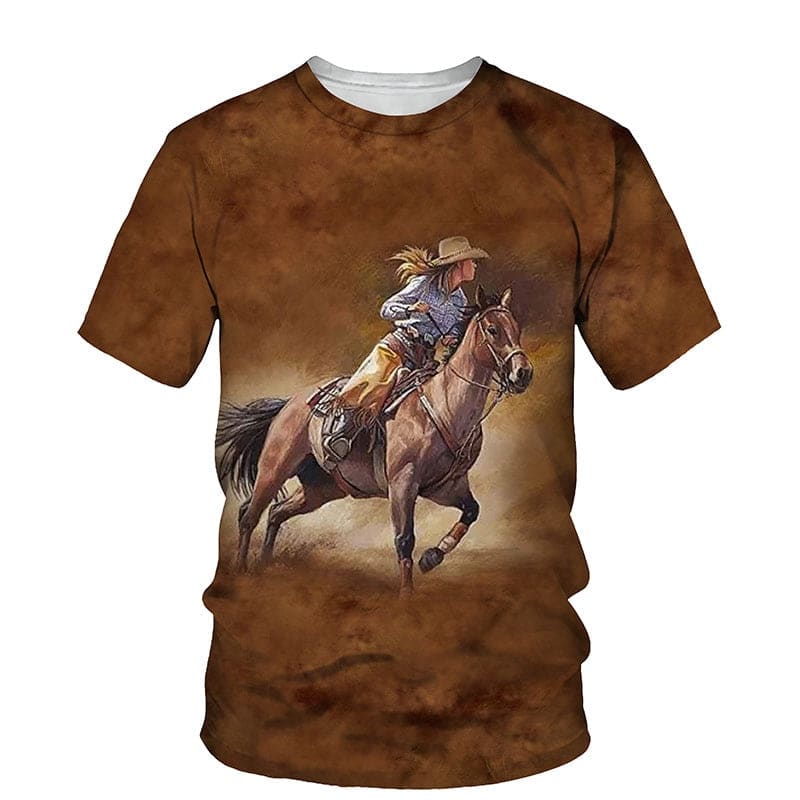

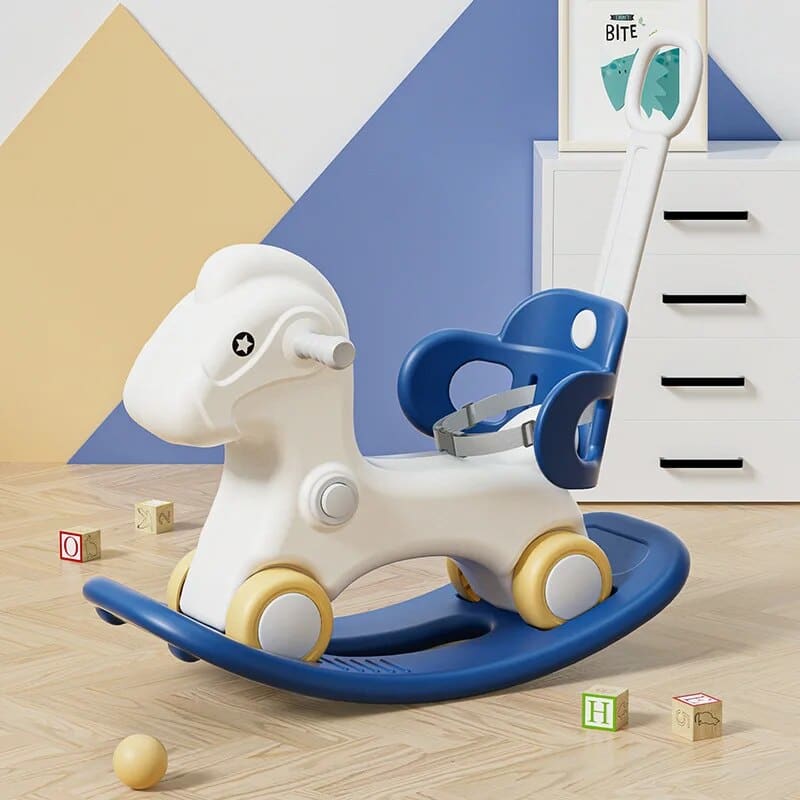
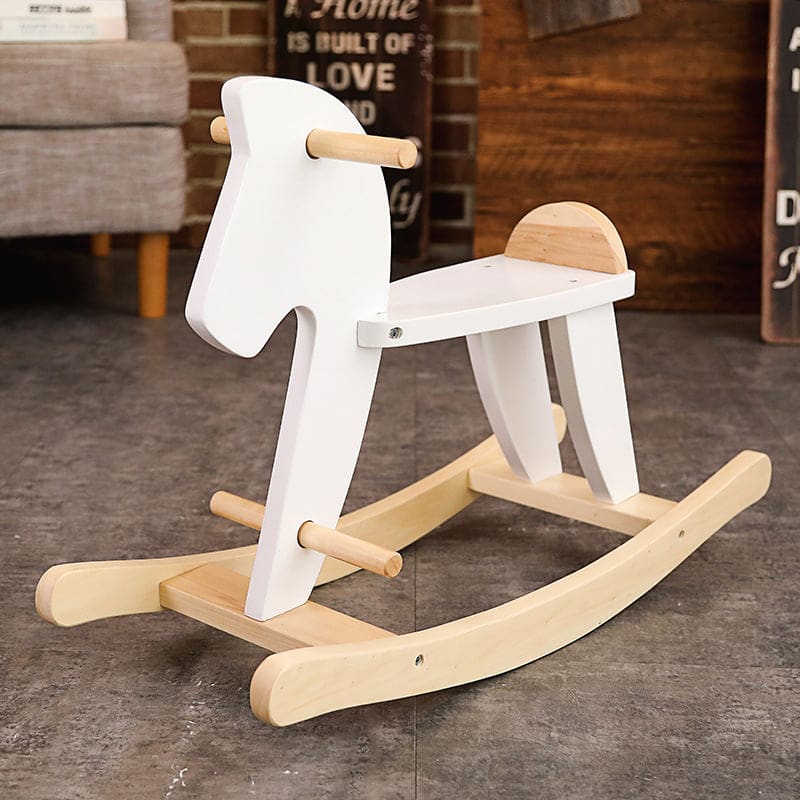
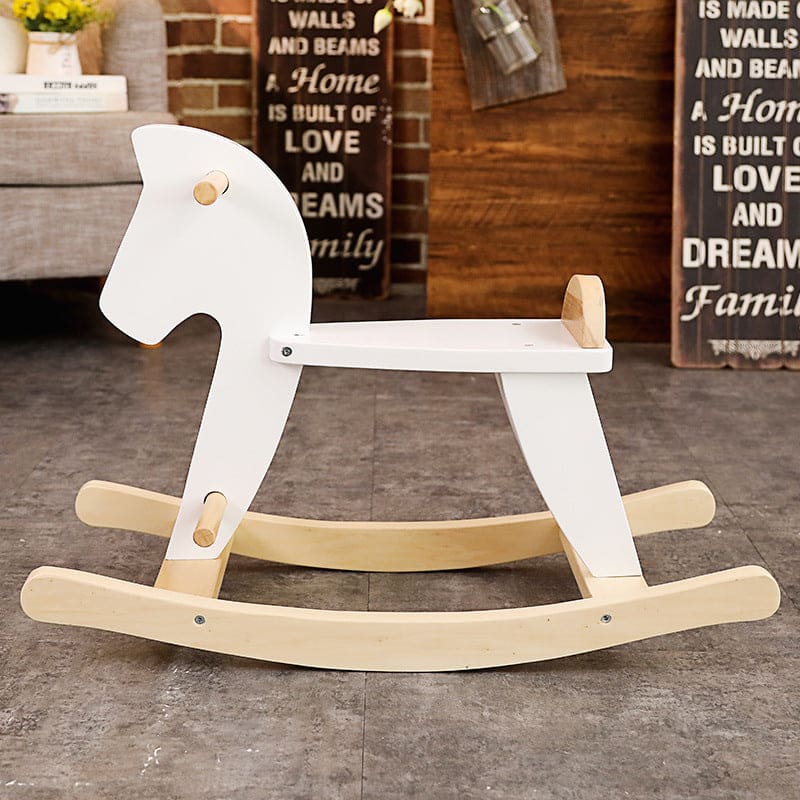
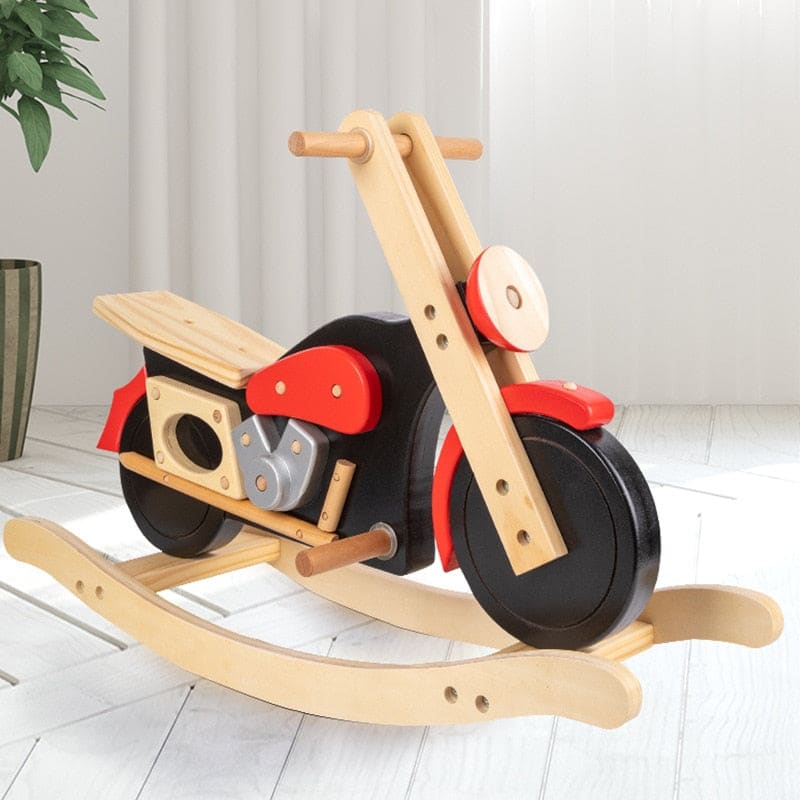
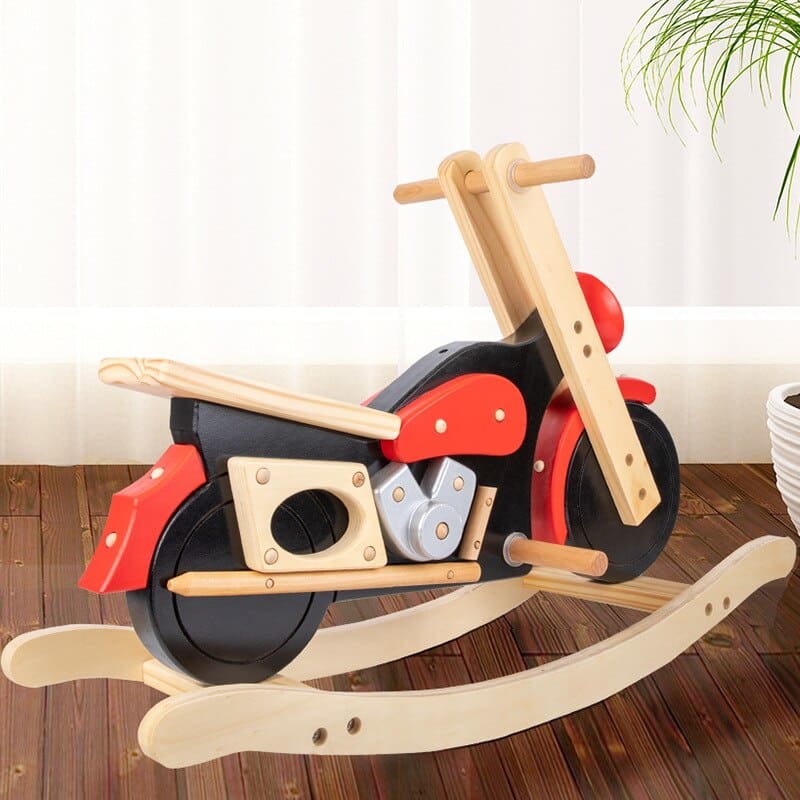

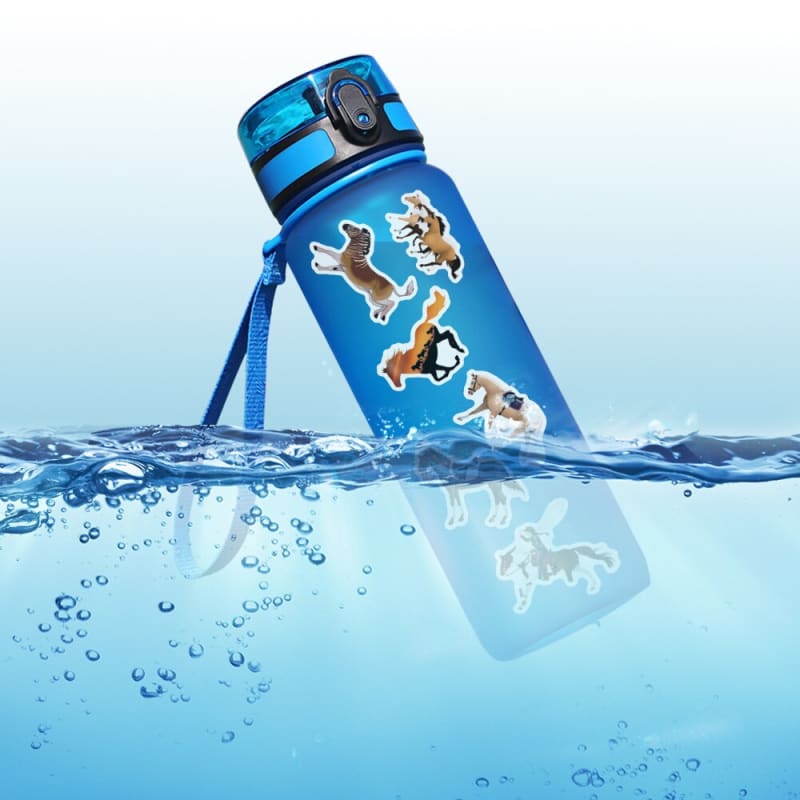
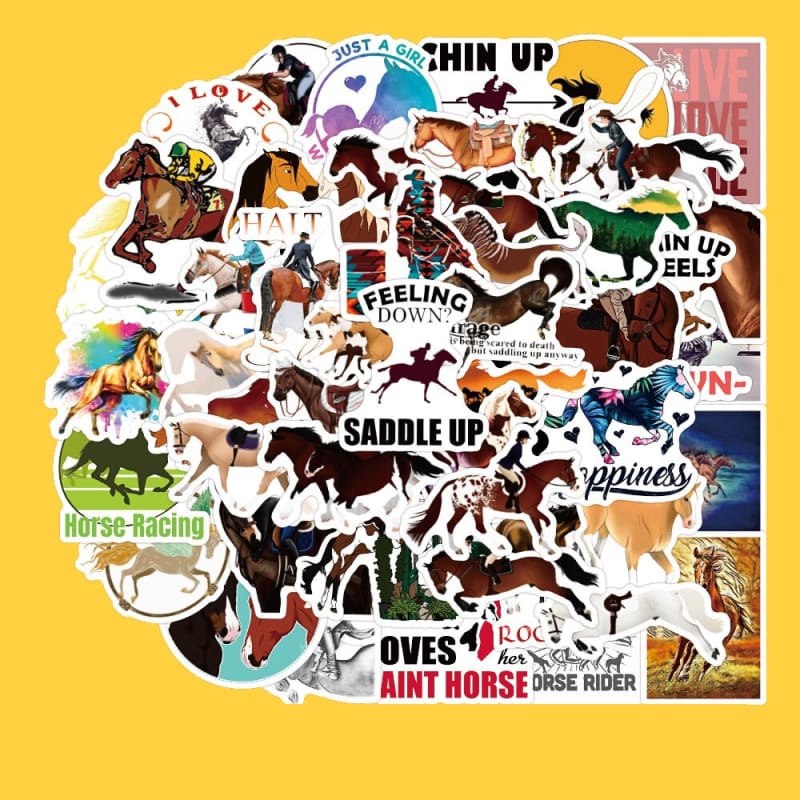

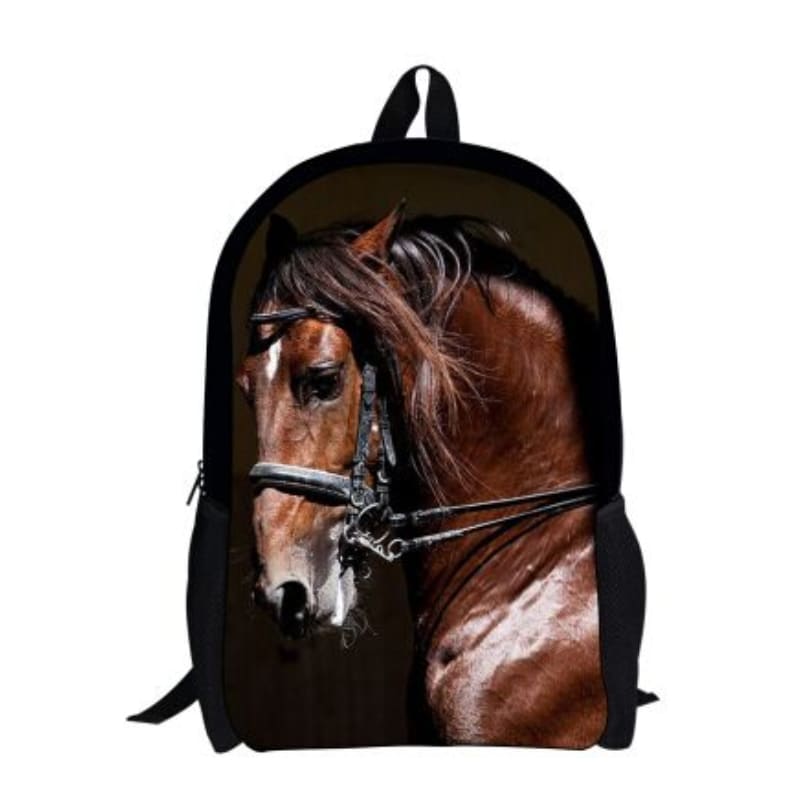
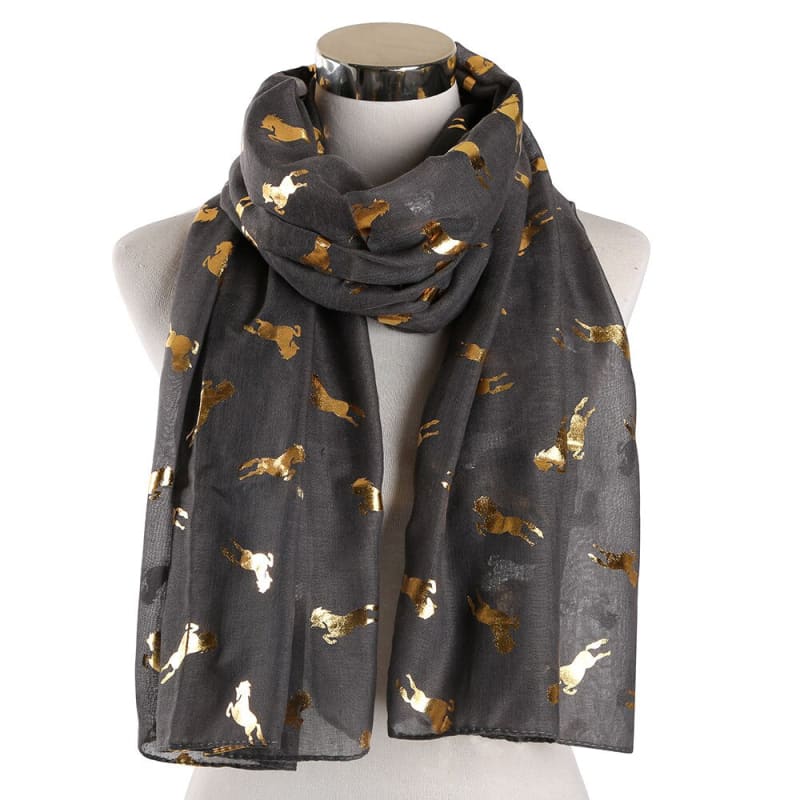
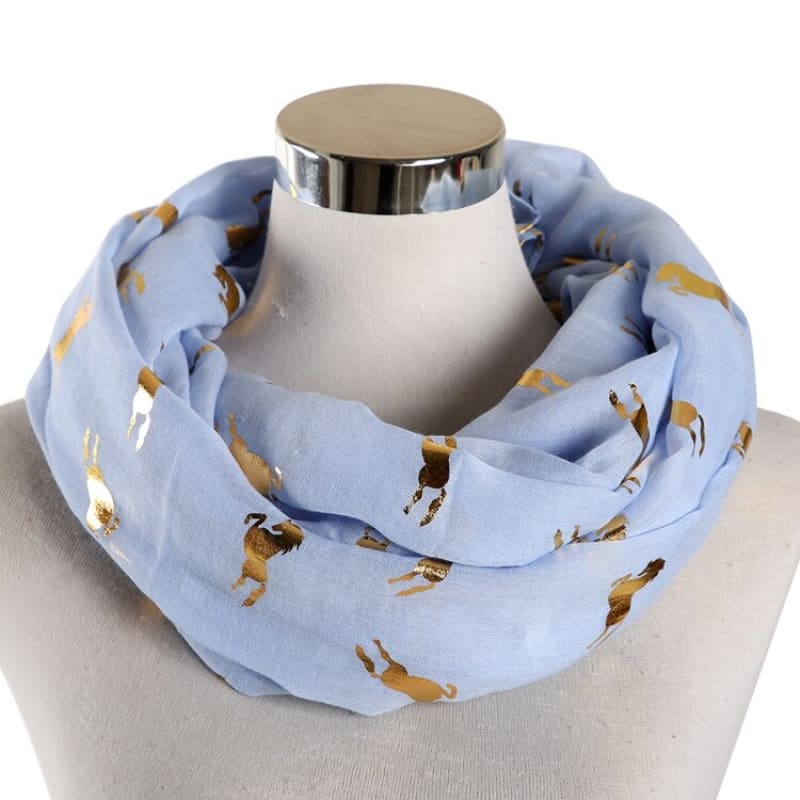
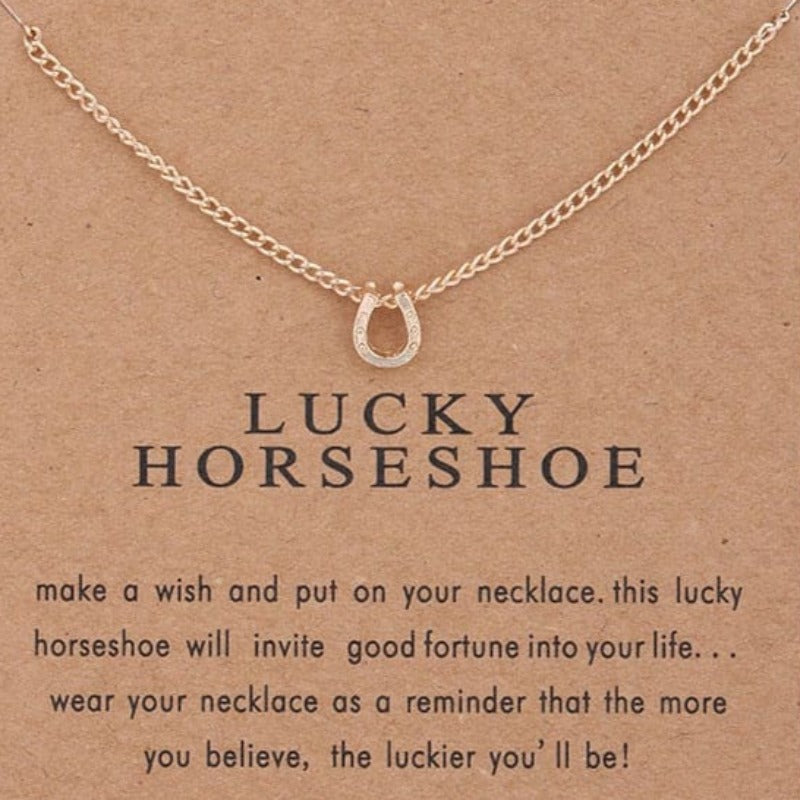
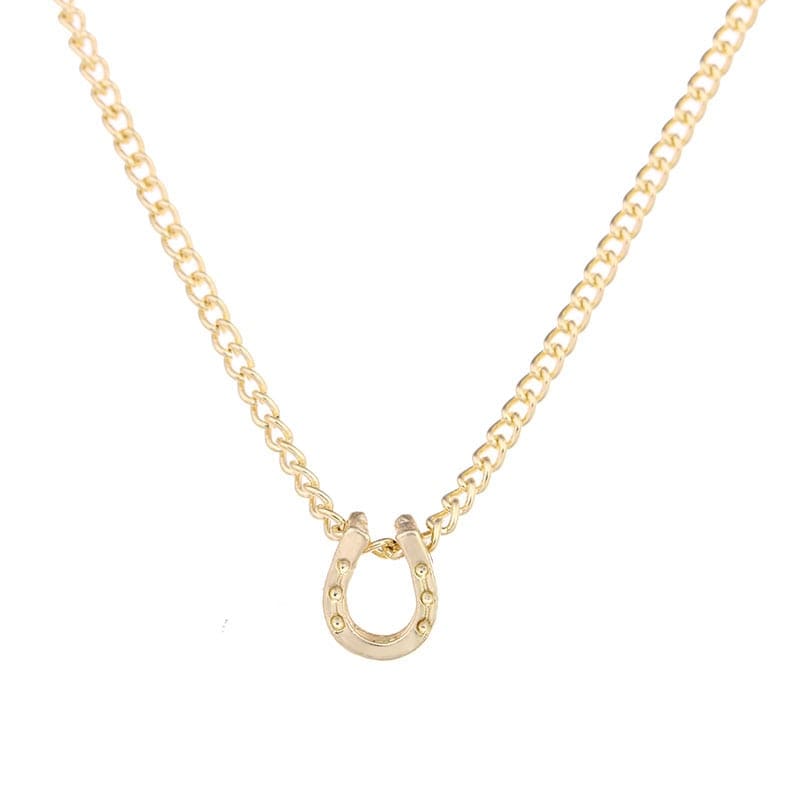
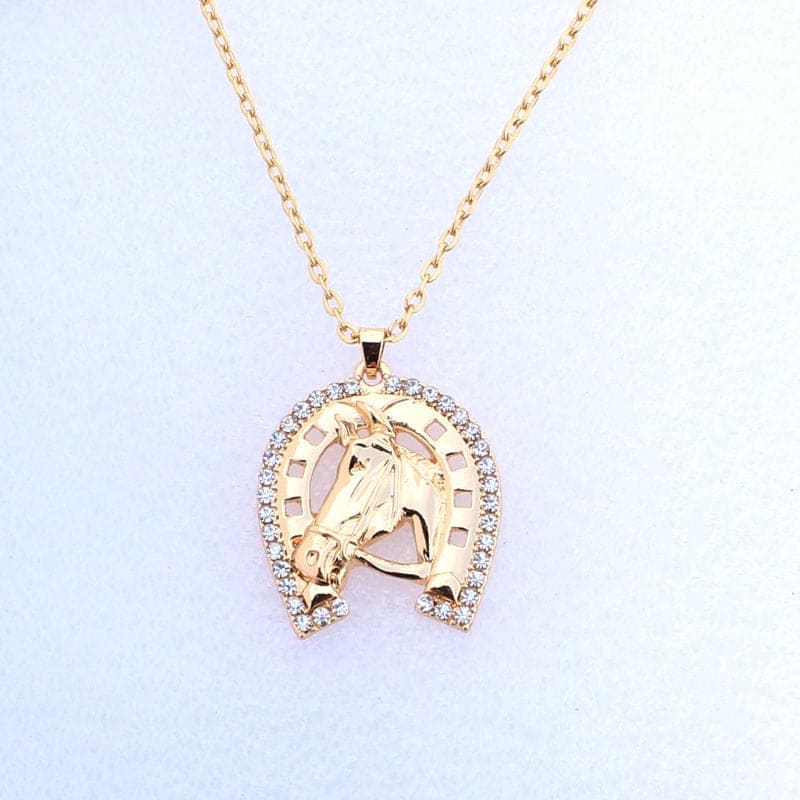
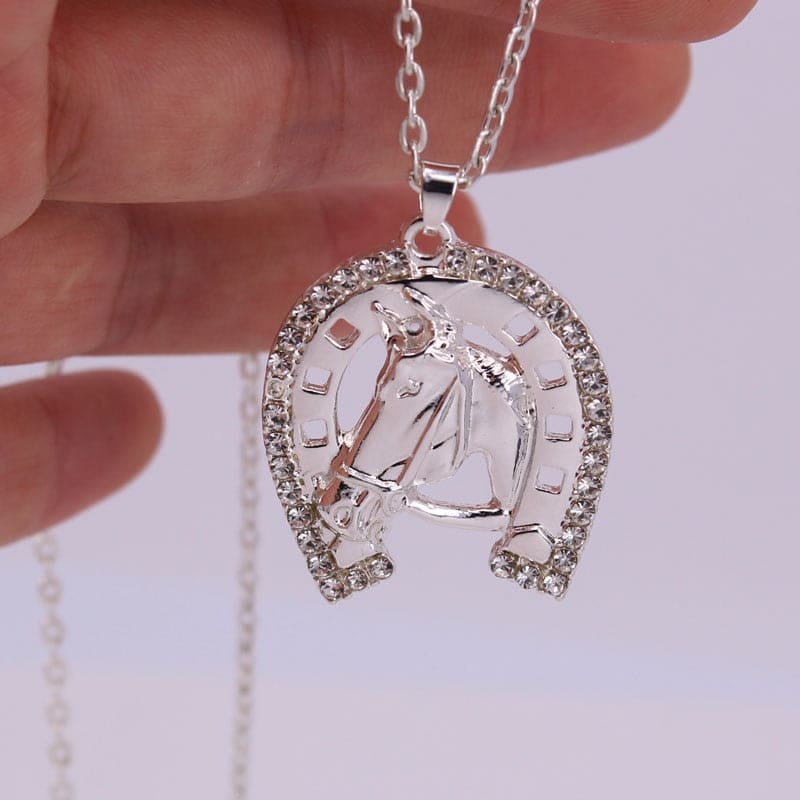
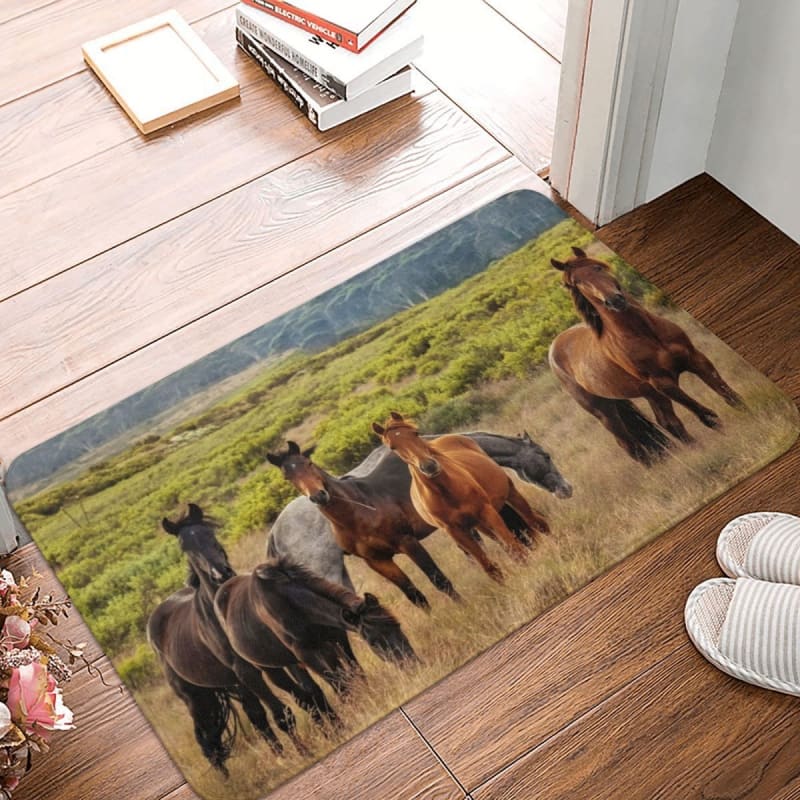




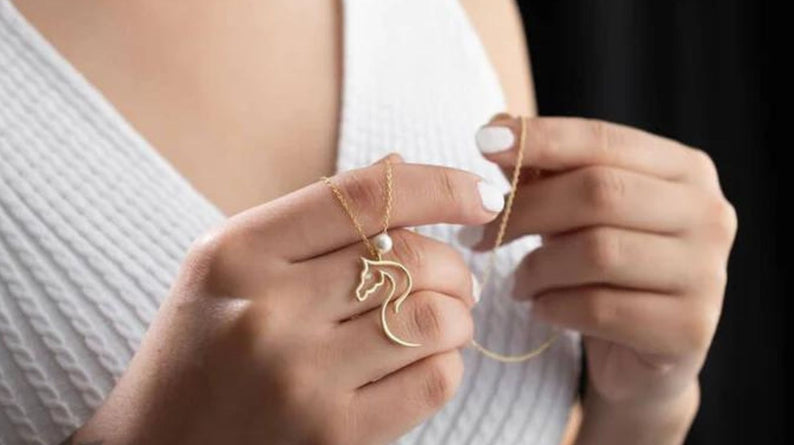
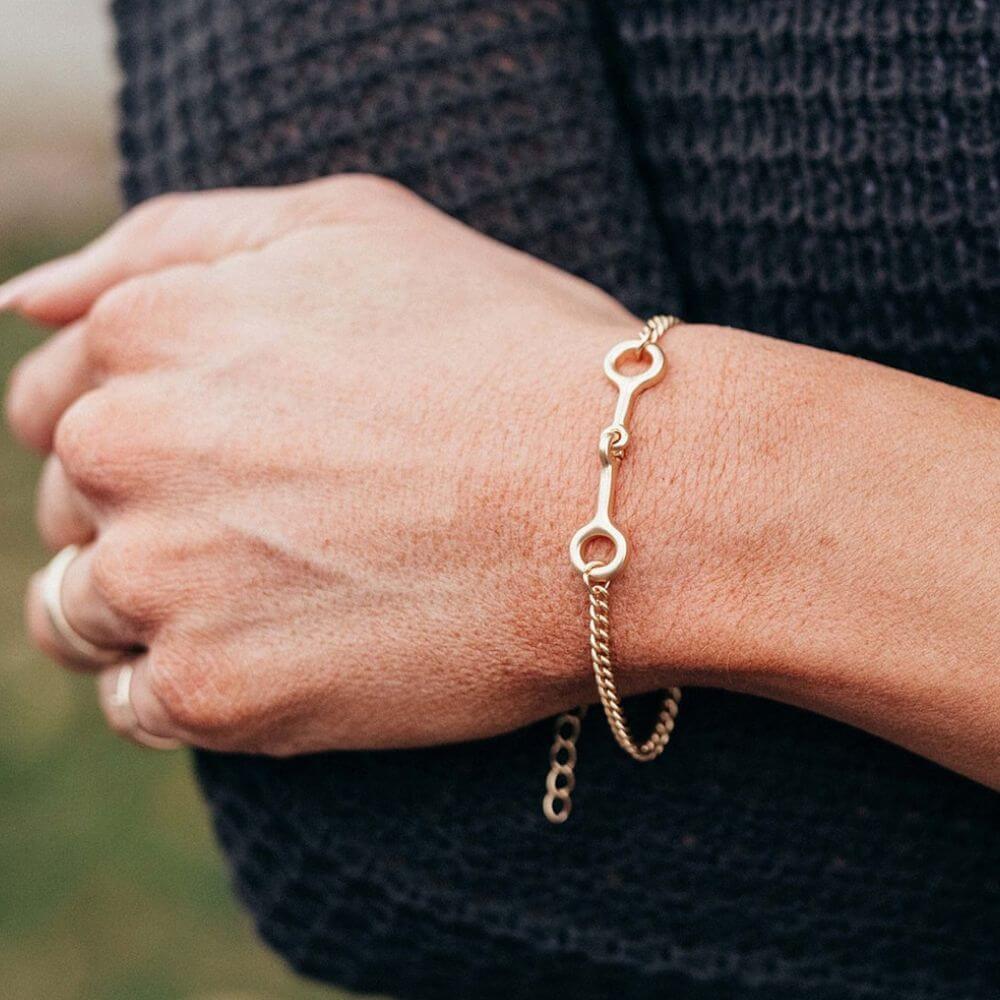
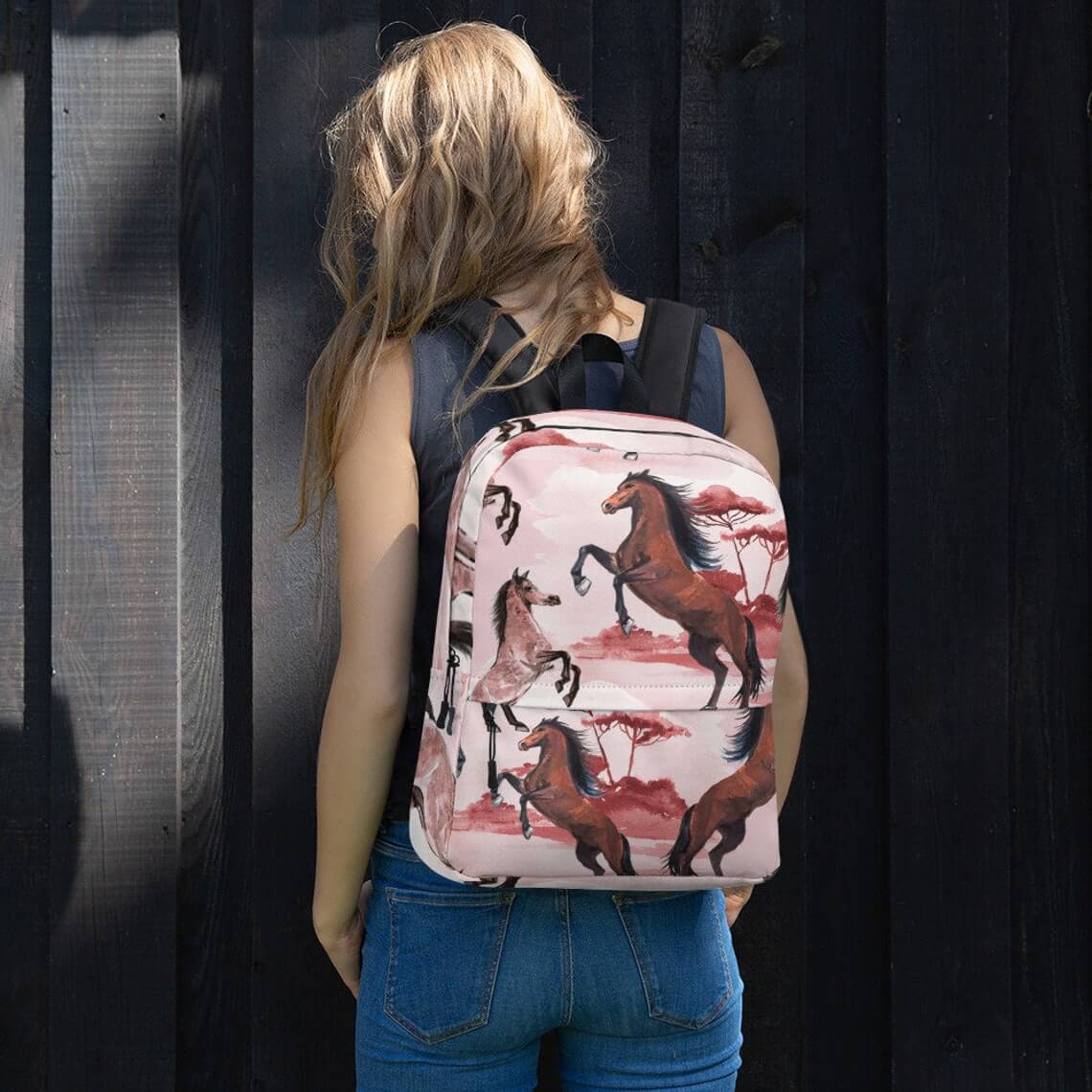
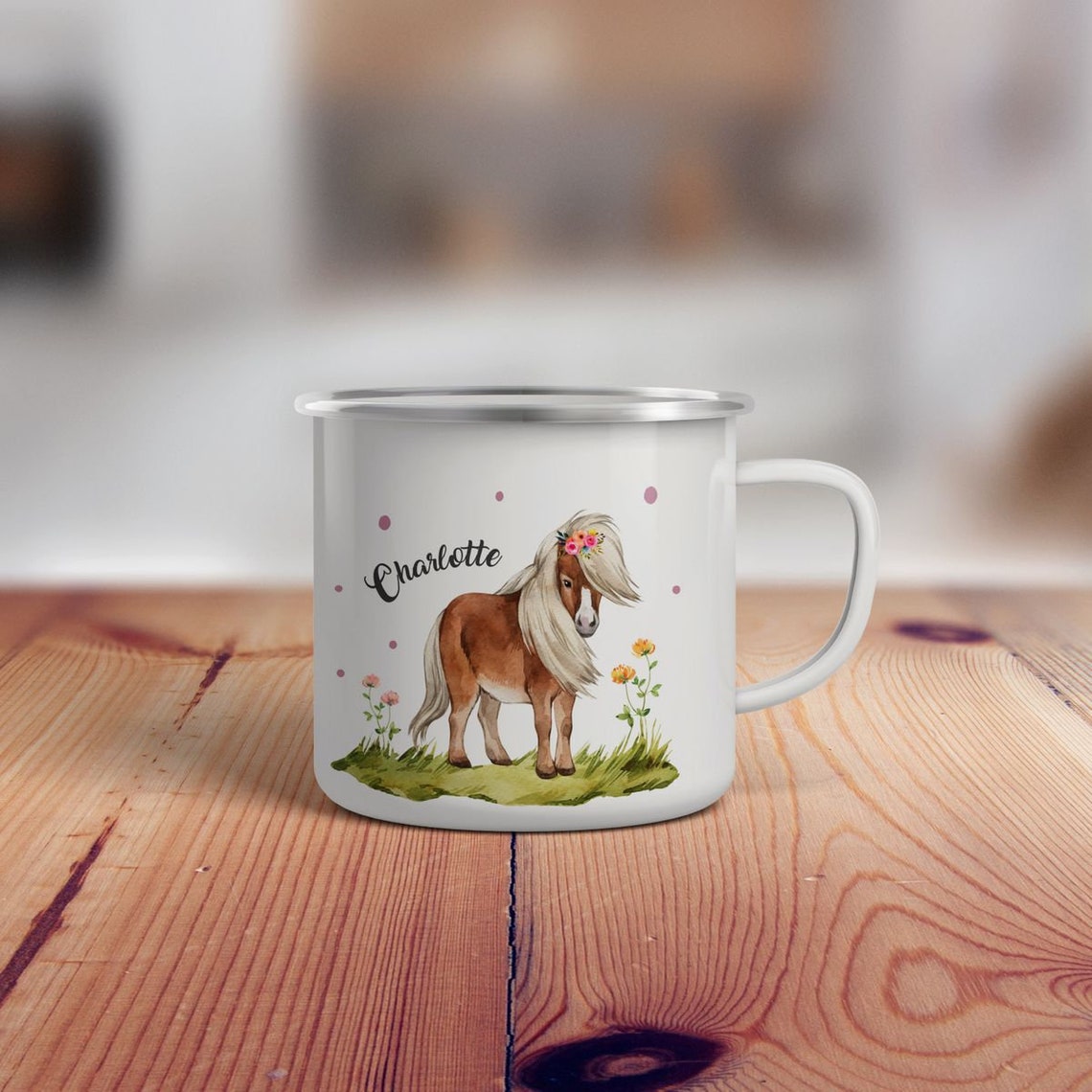
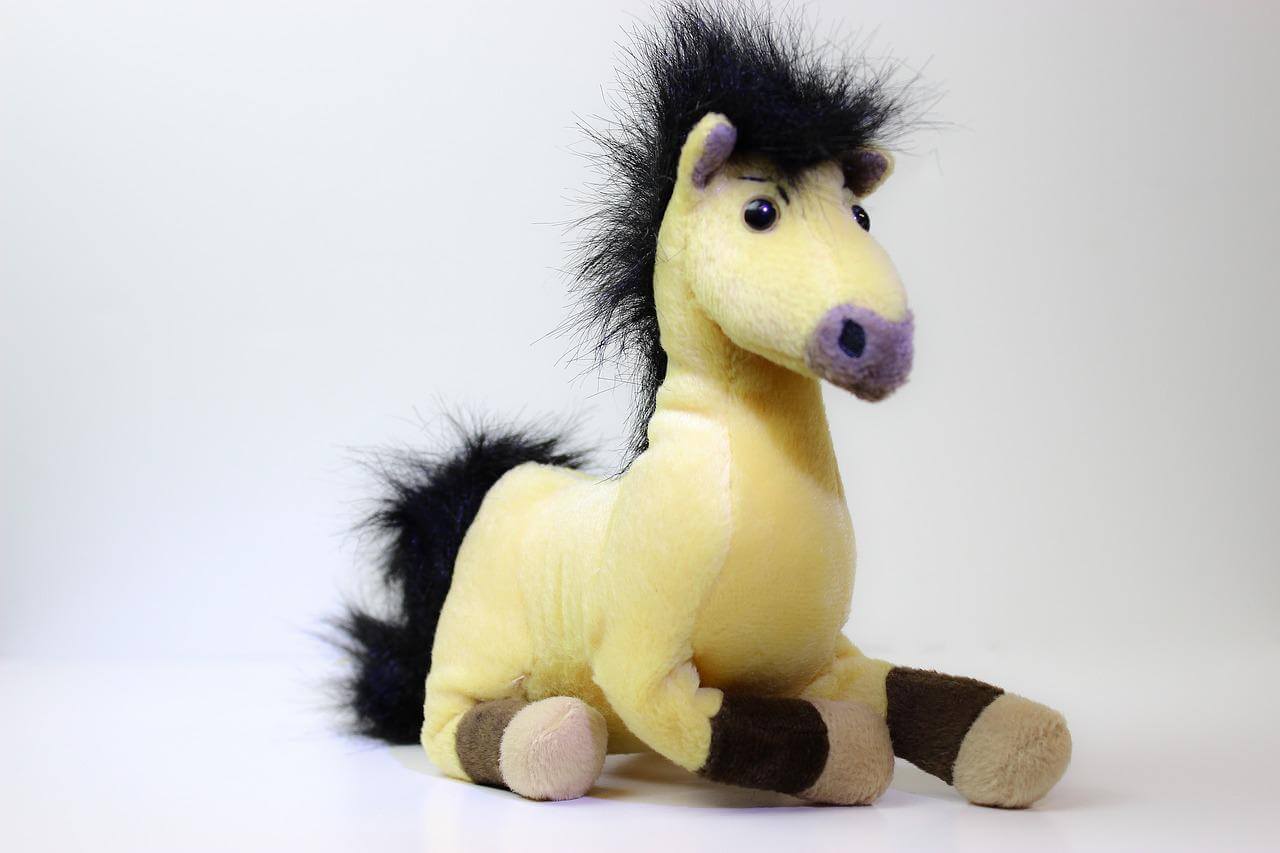
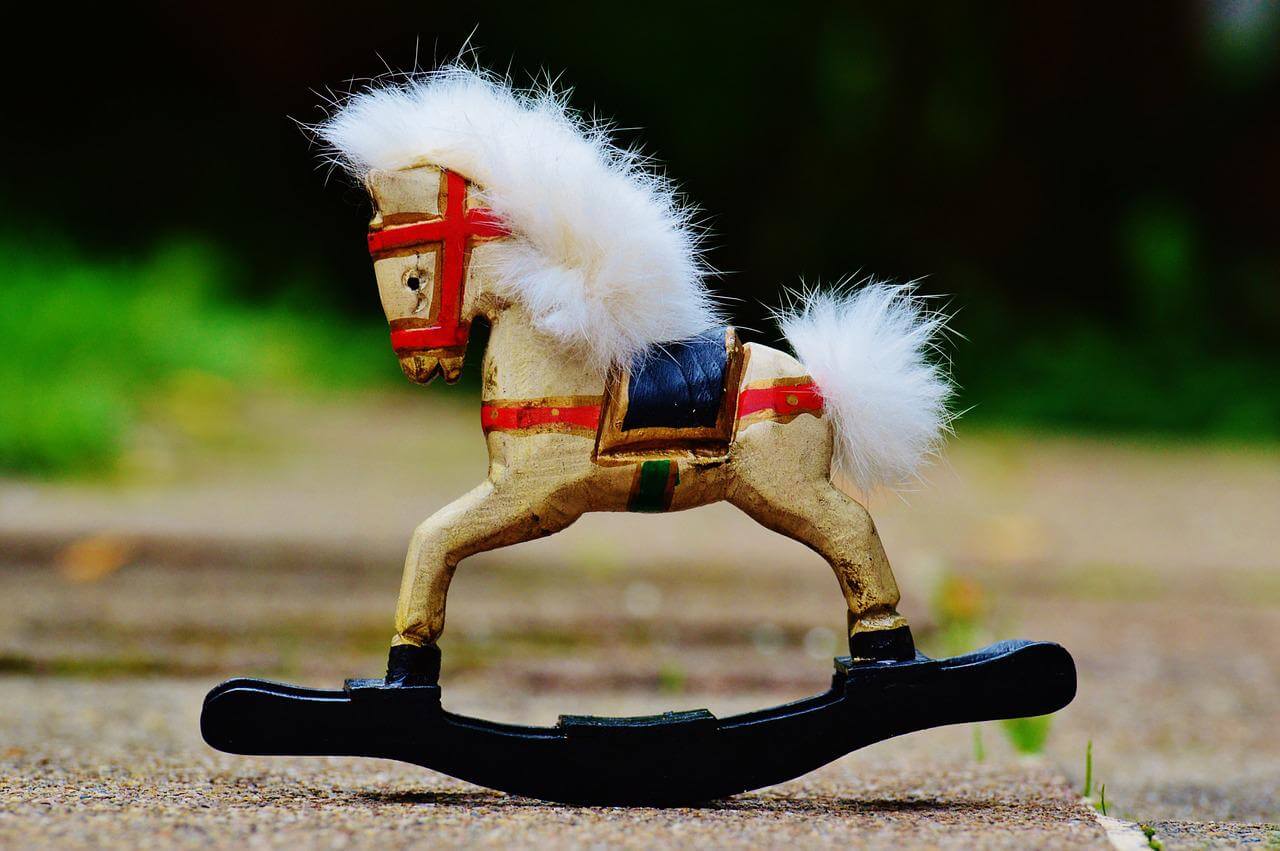
Leave a comment
All comments are moderated before being published.
This site is protected by reCAPTCHA and the Google Privacy Policy and Terms of Service apply.